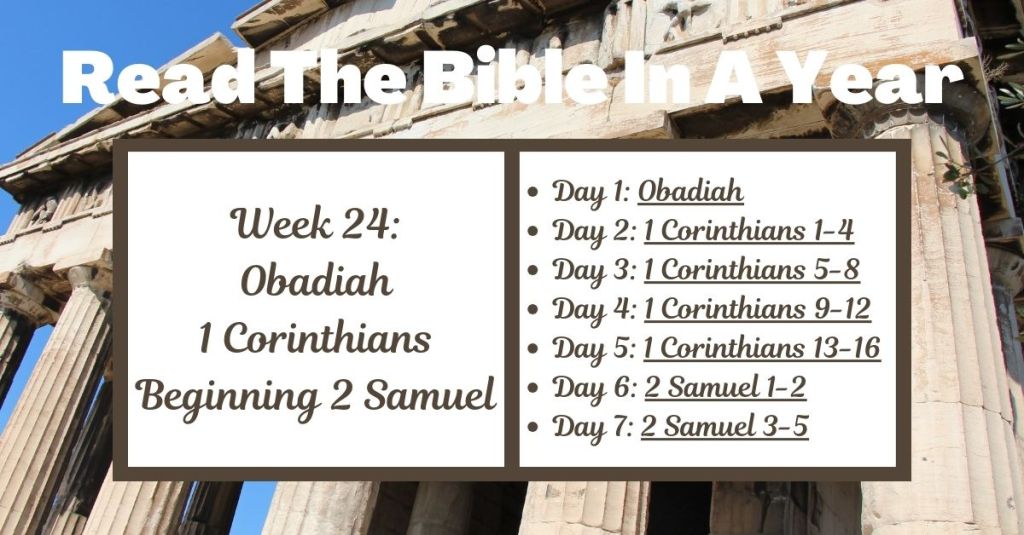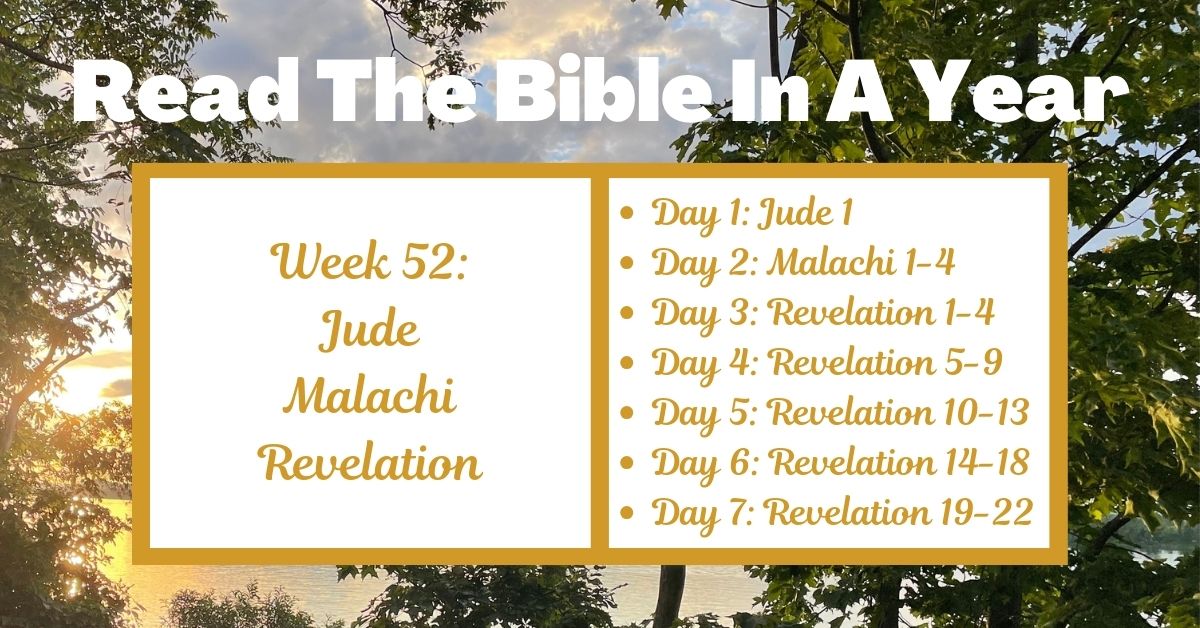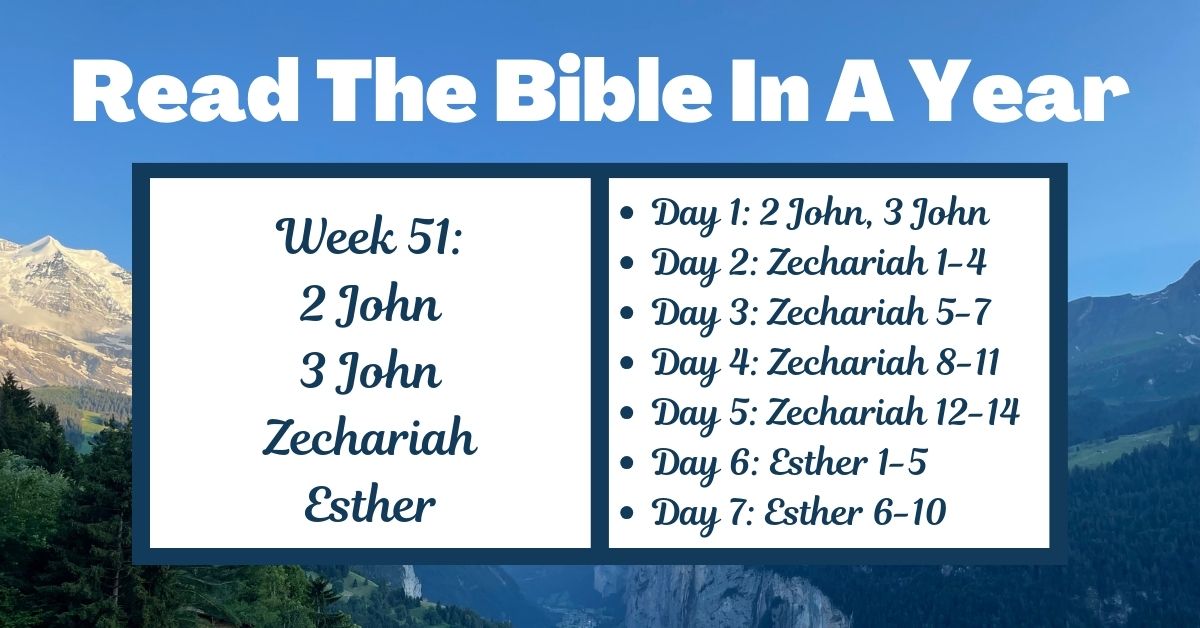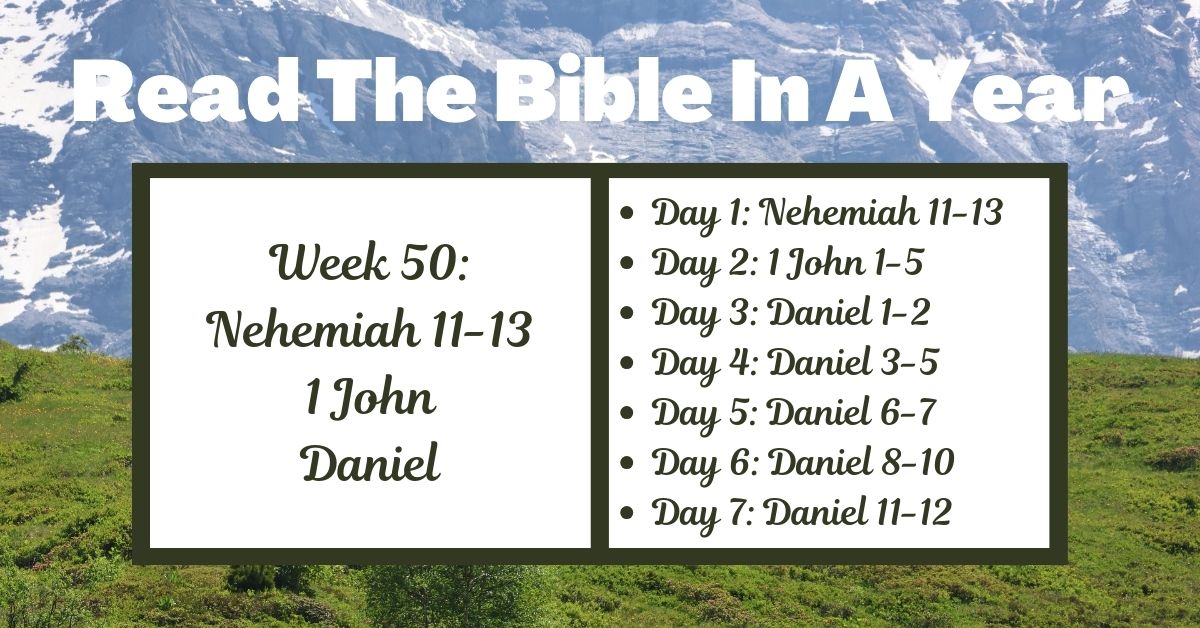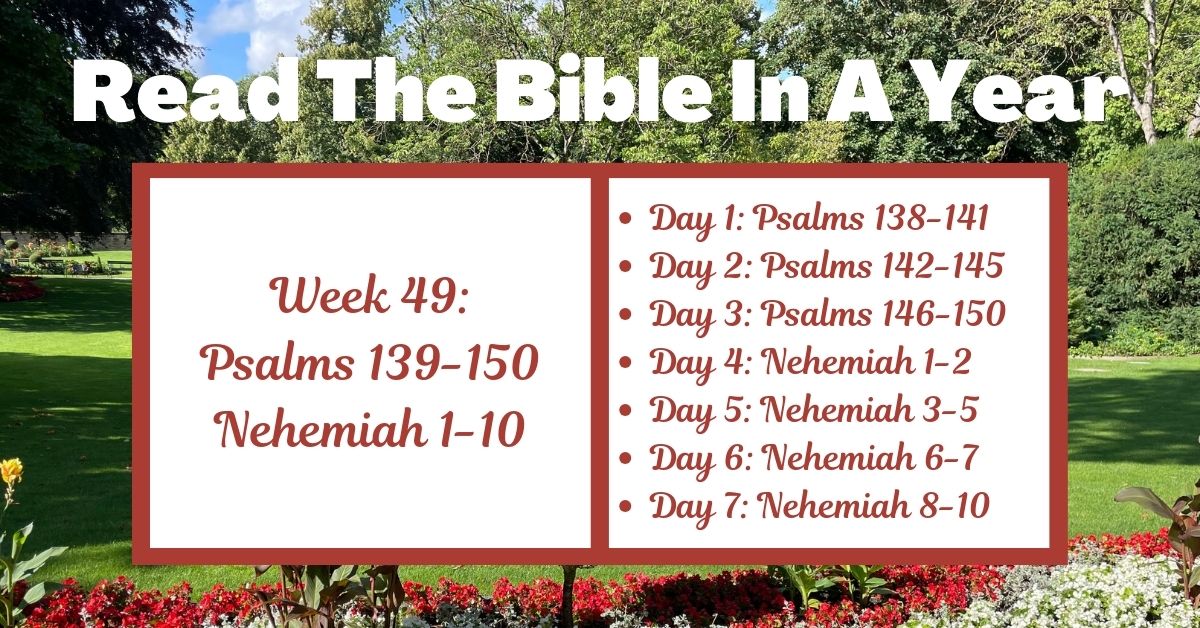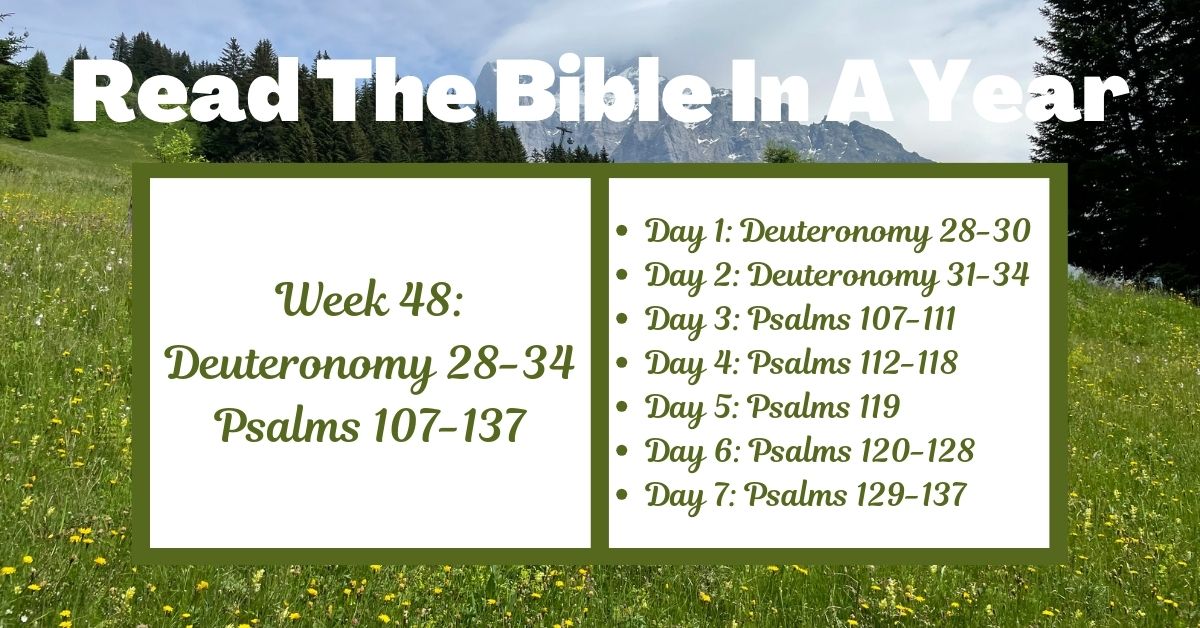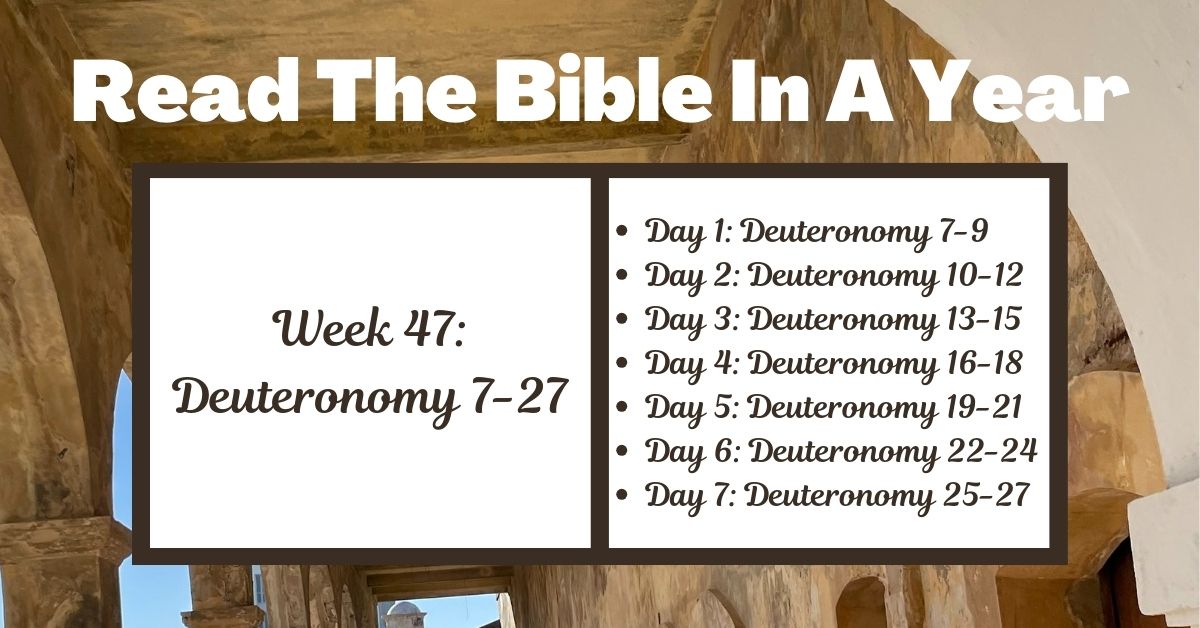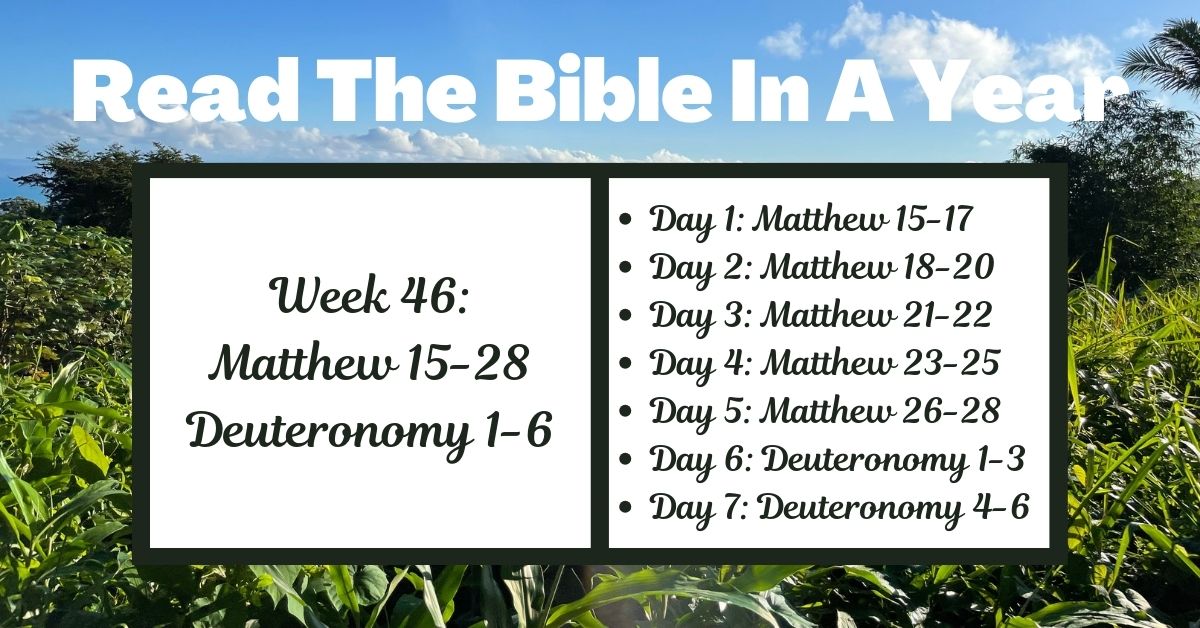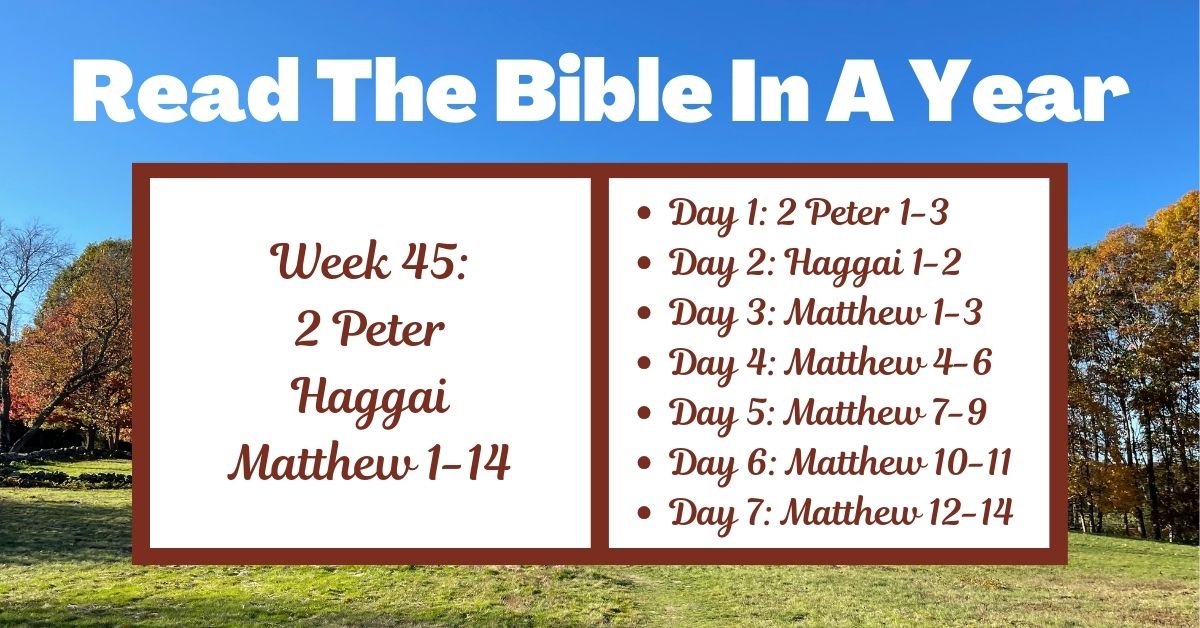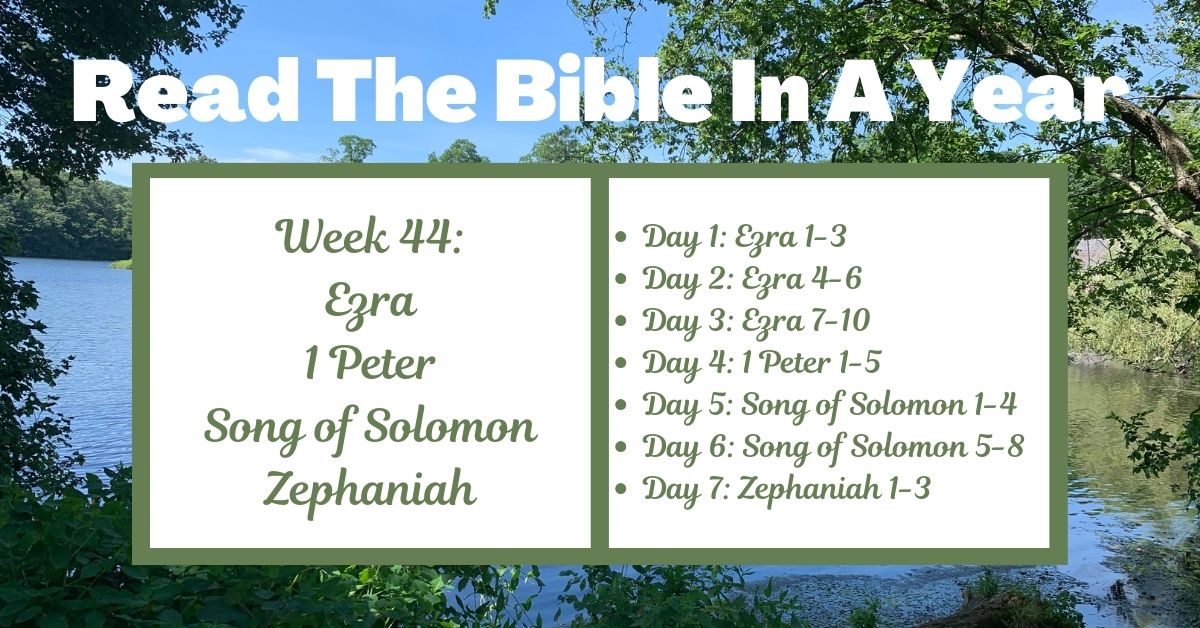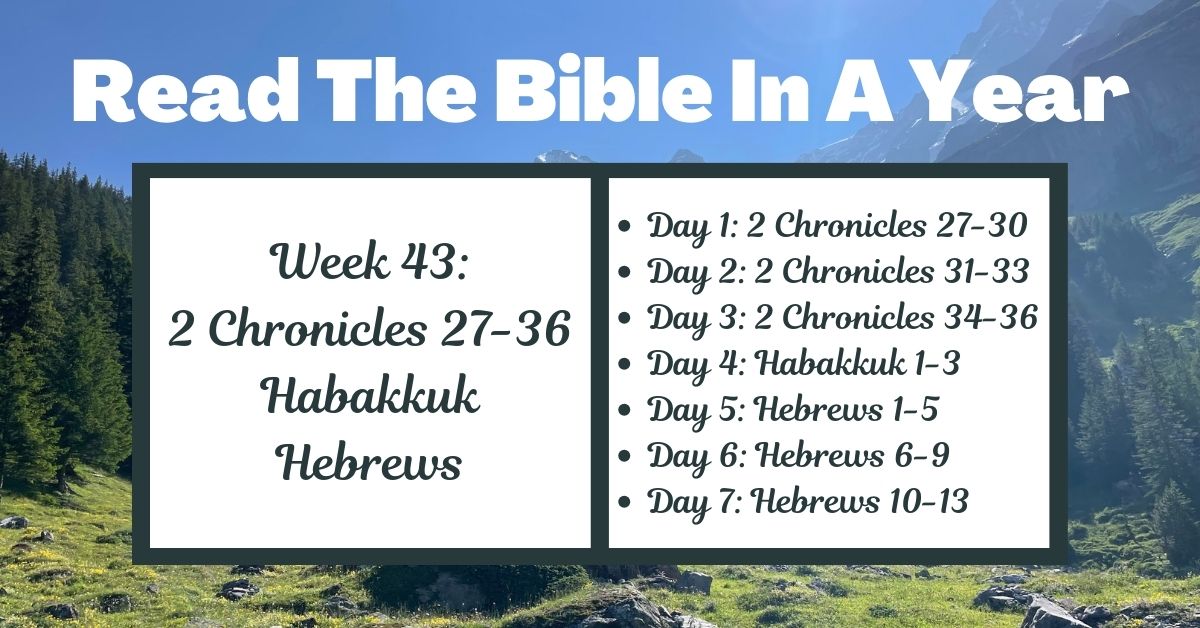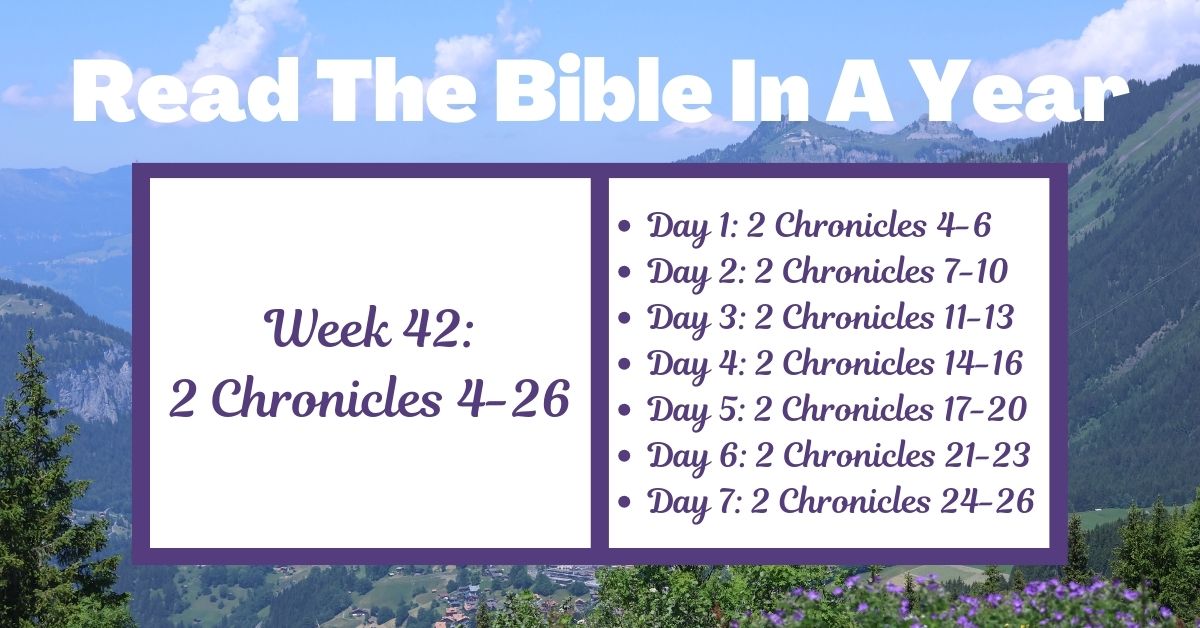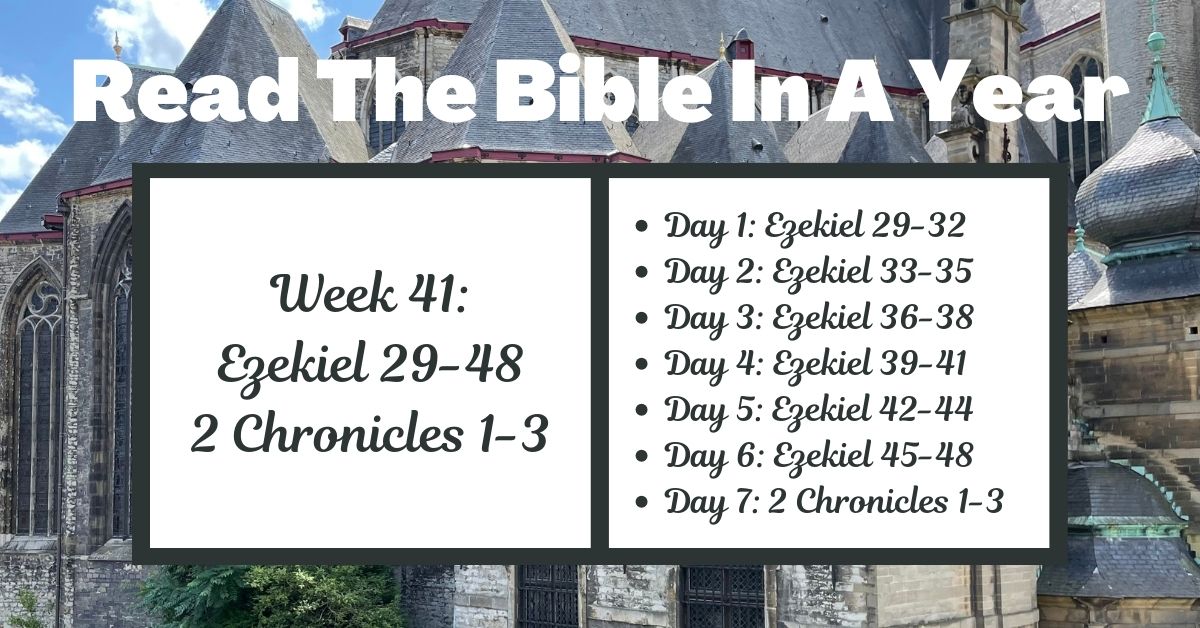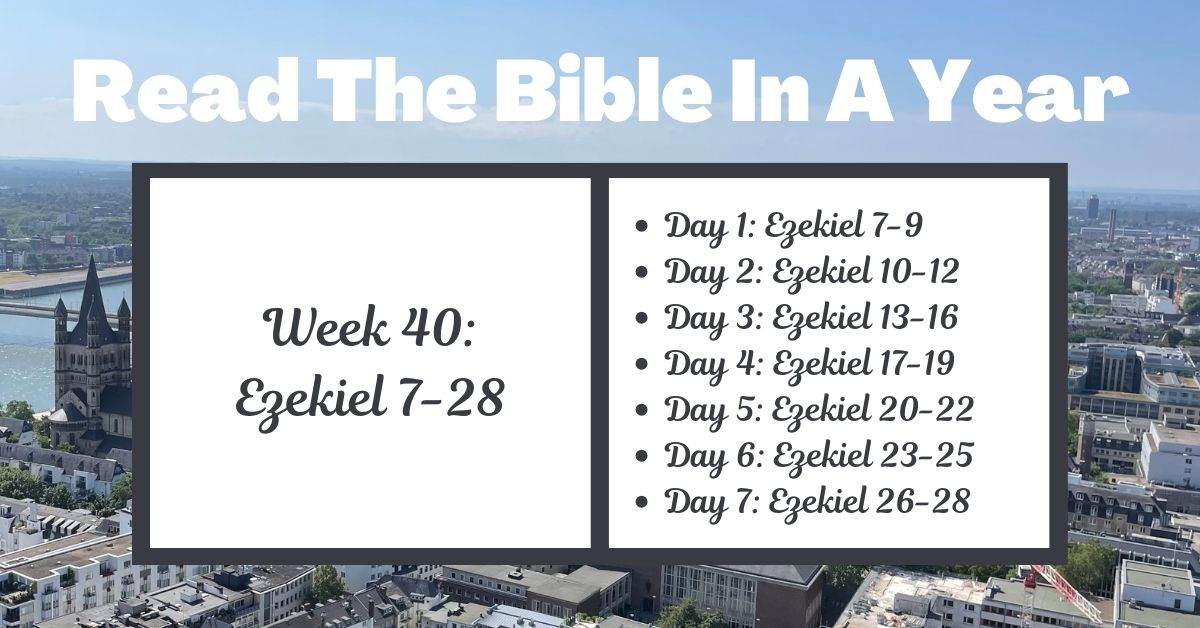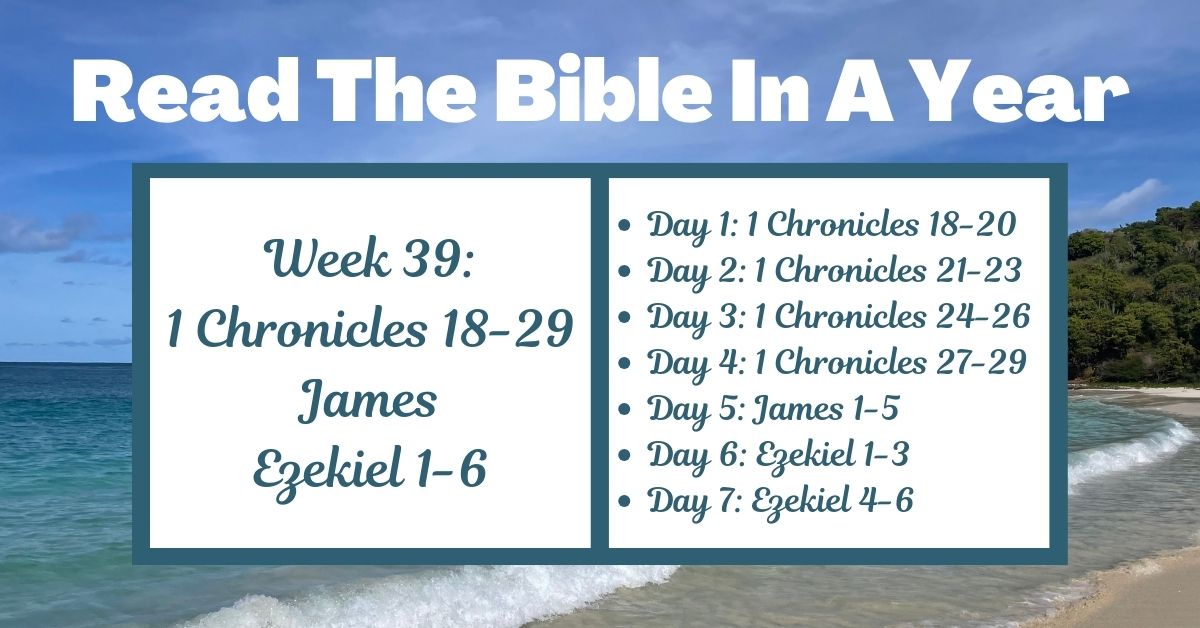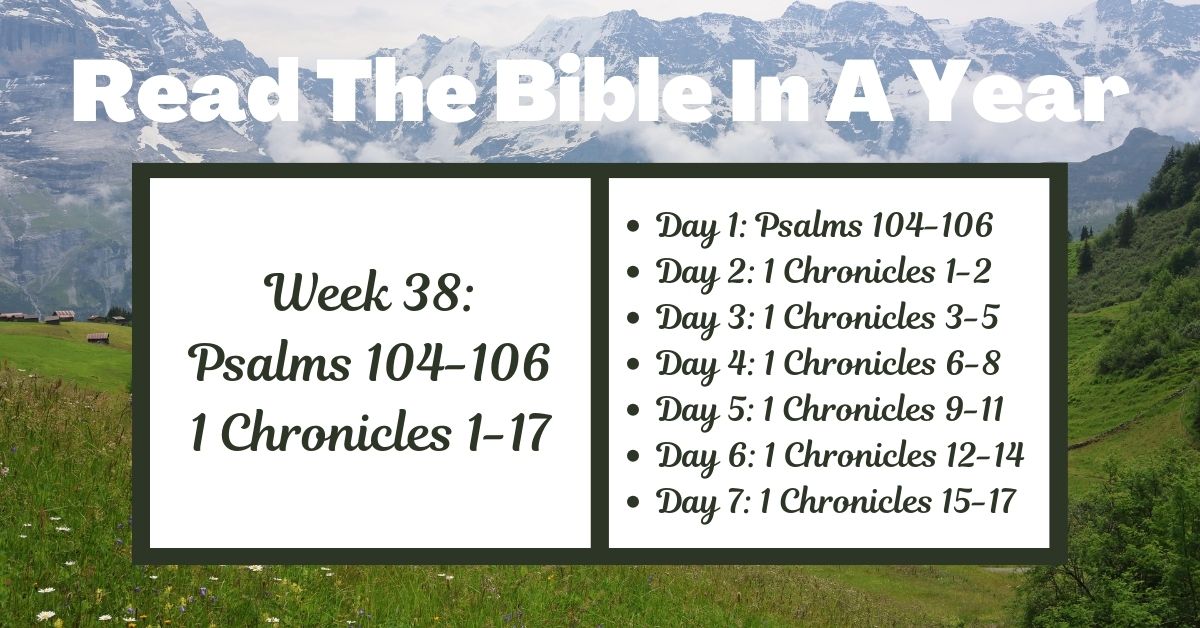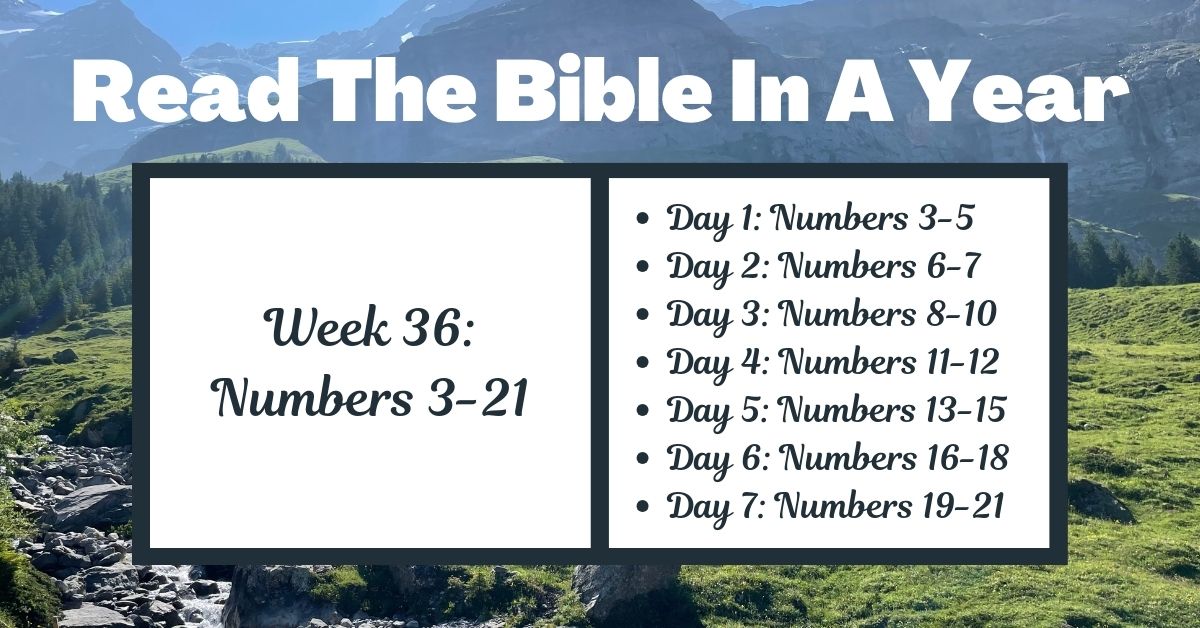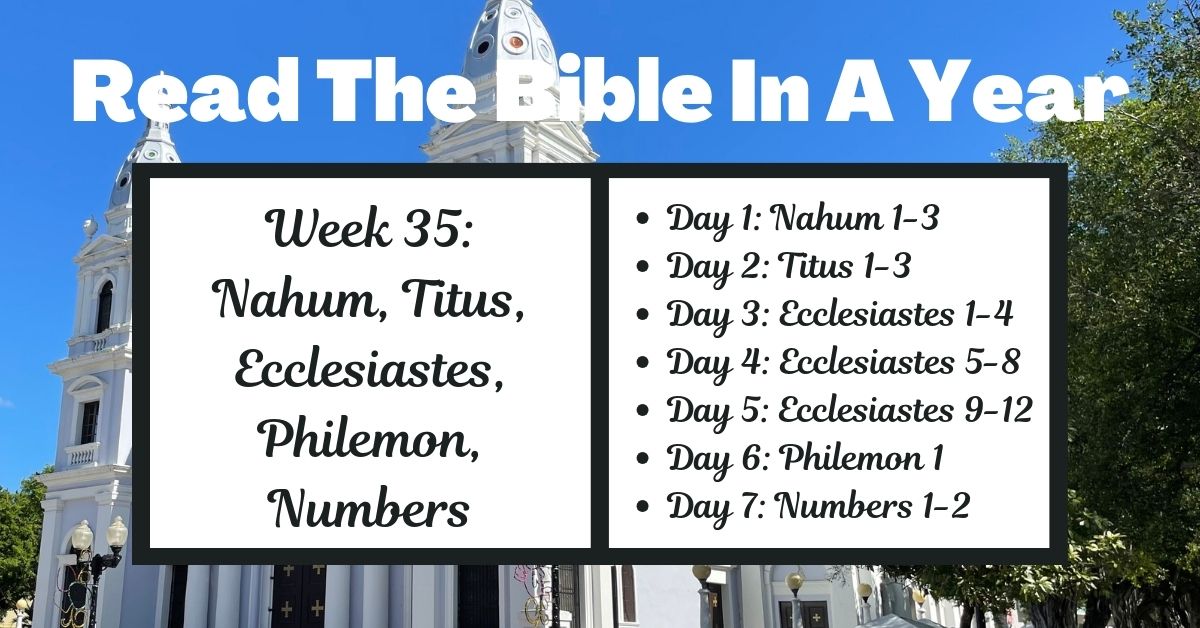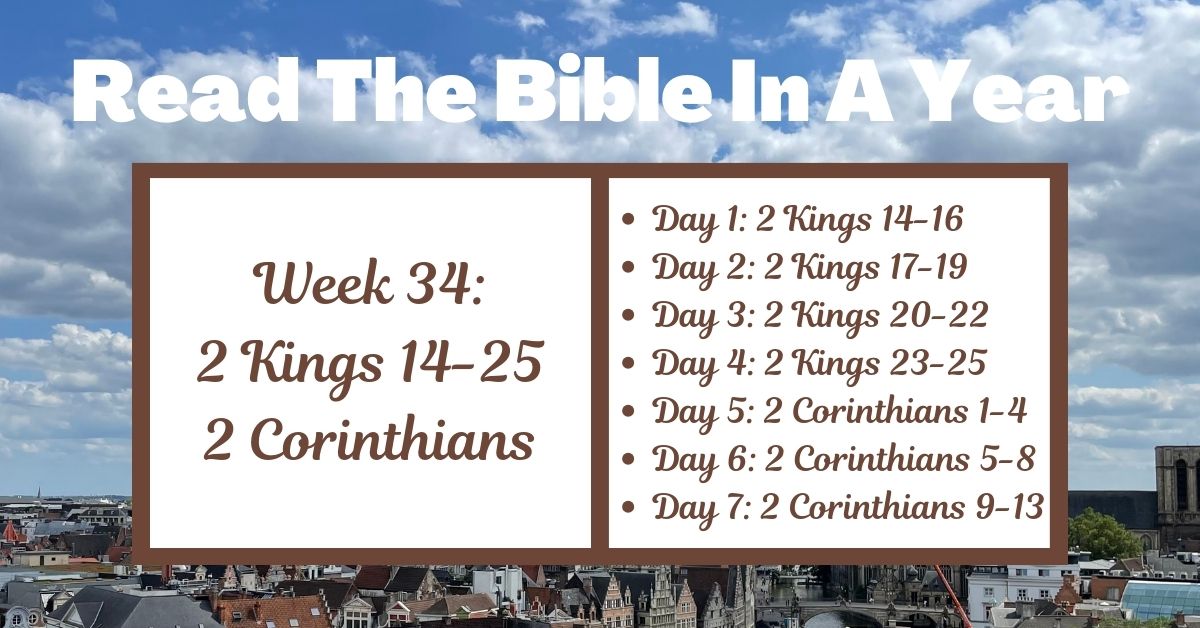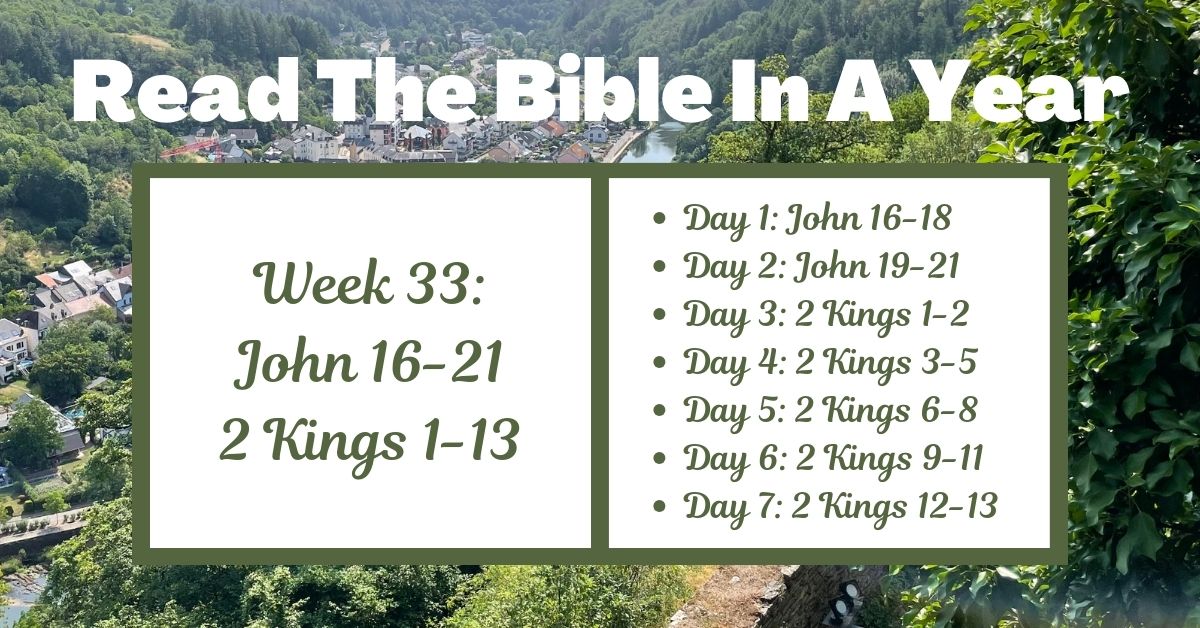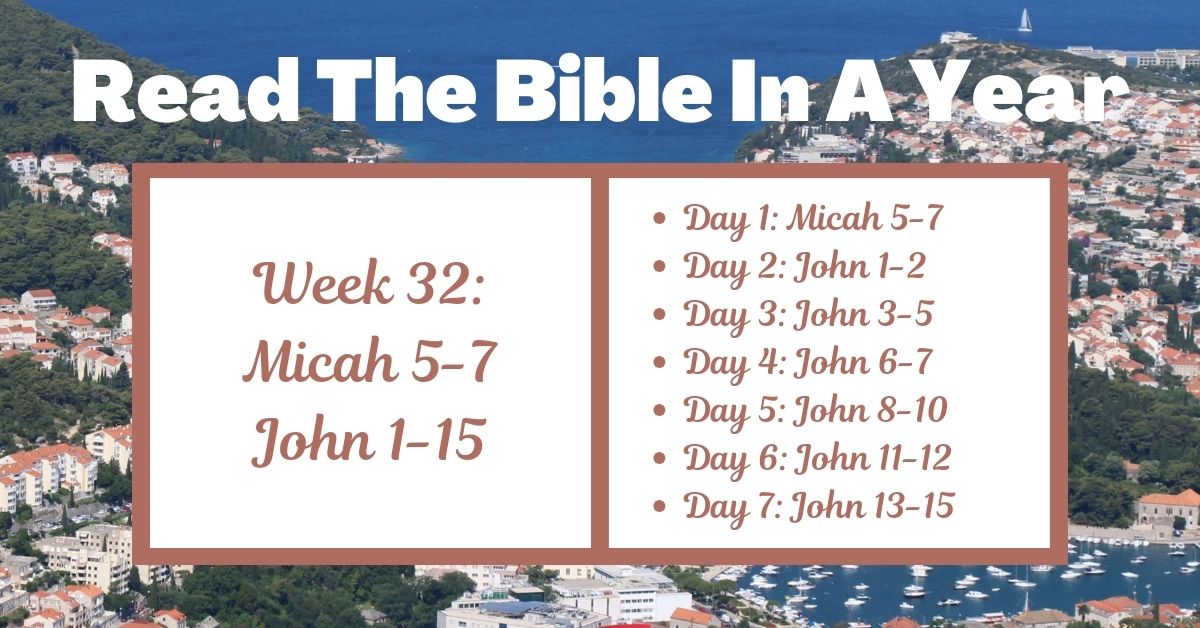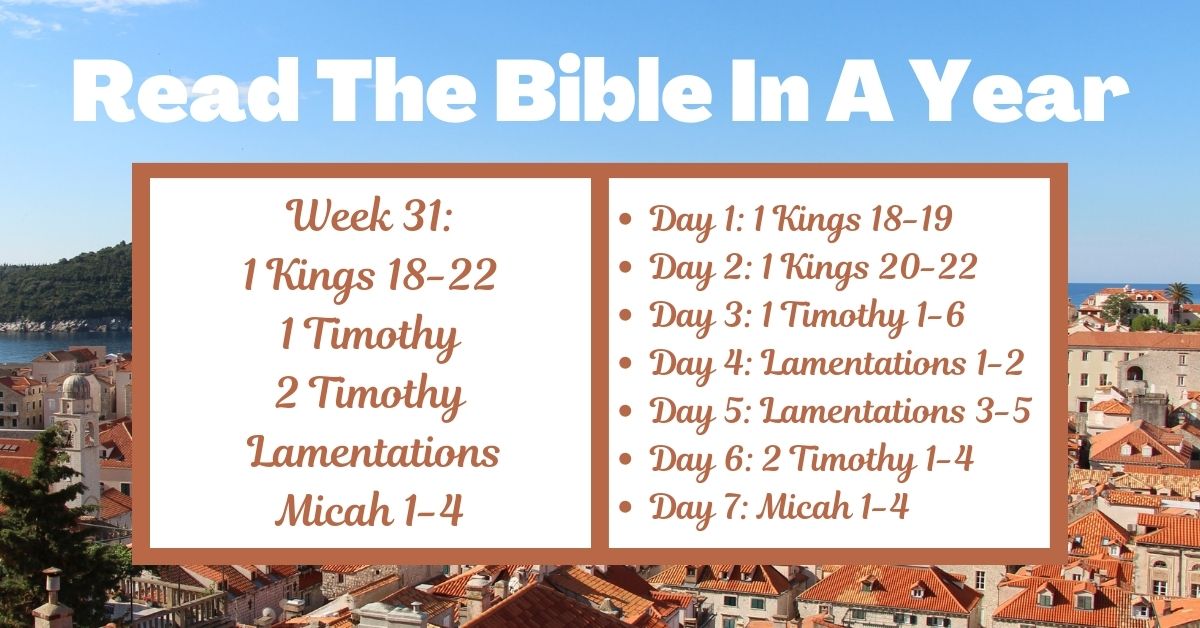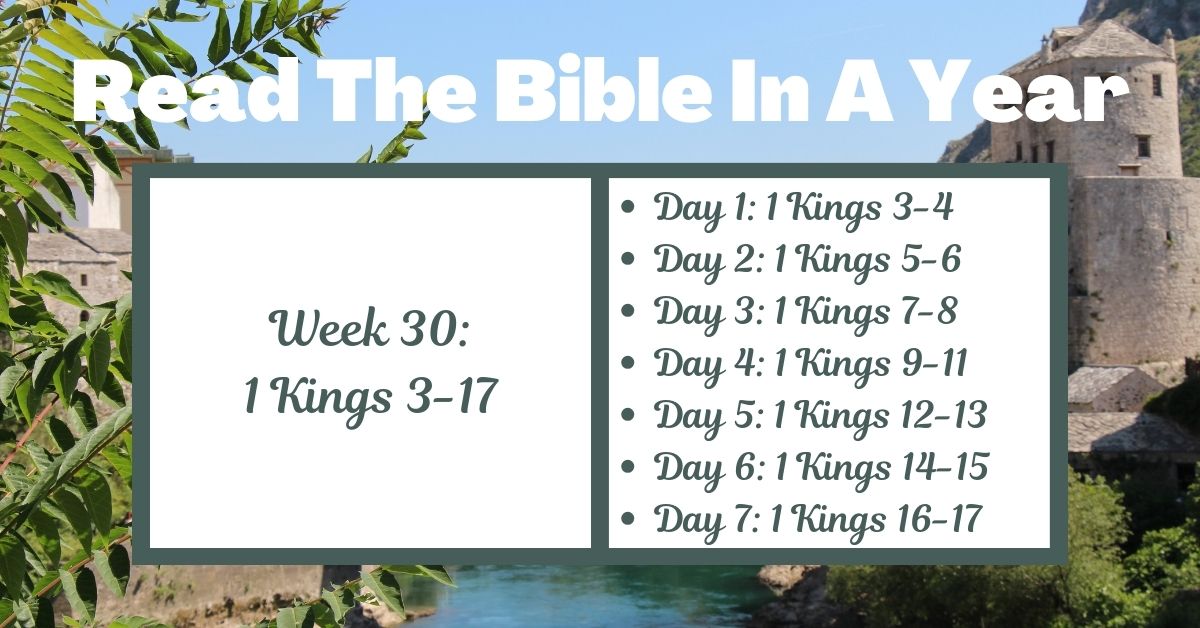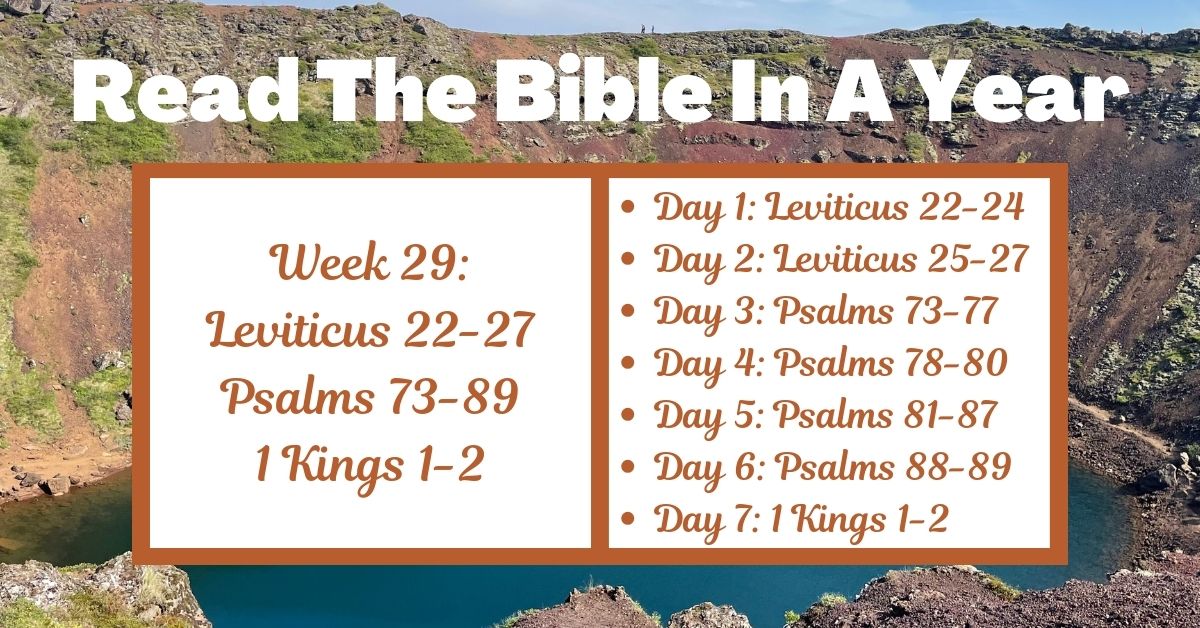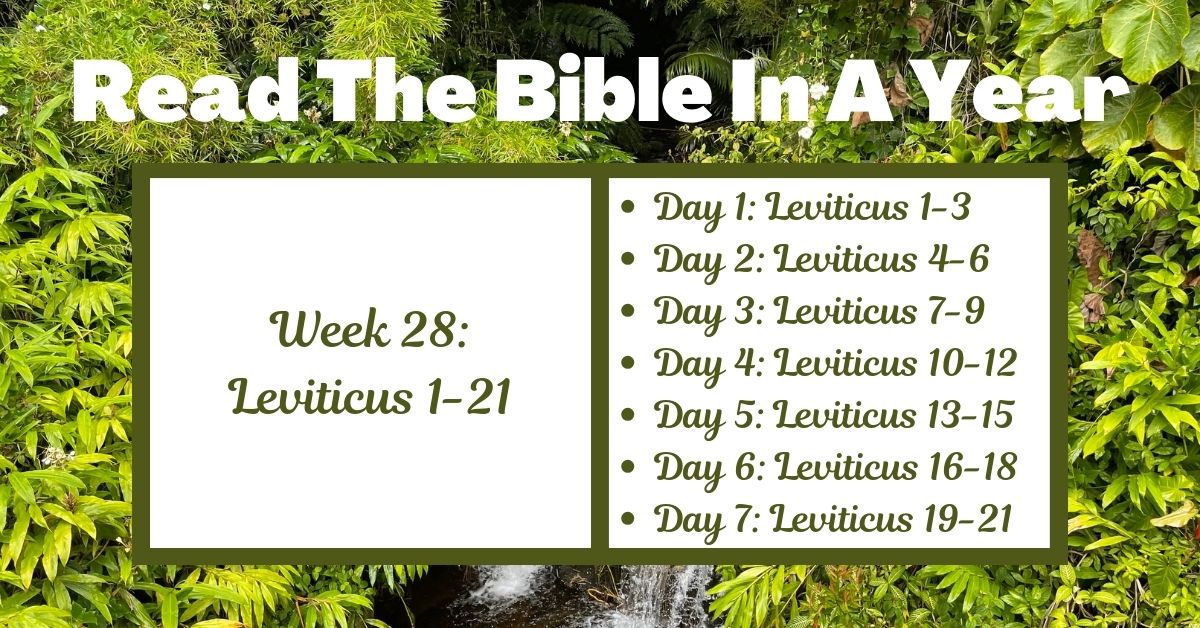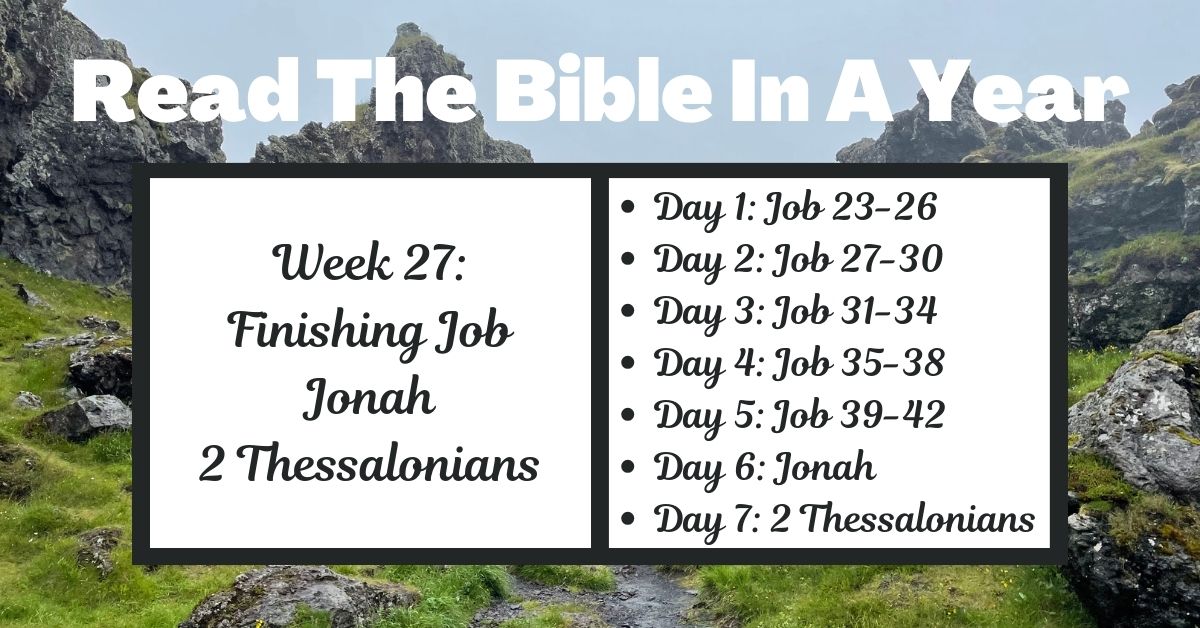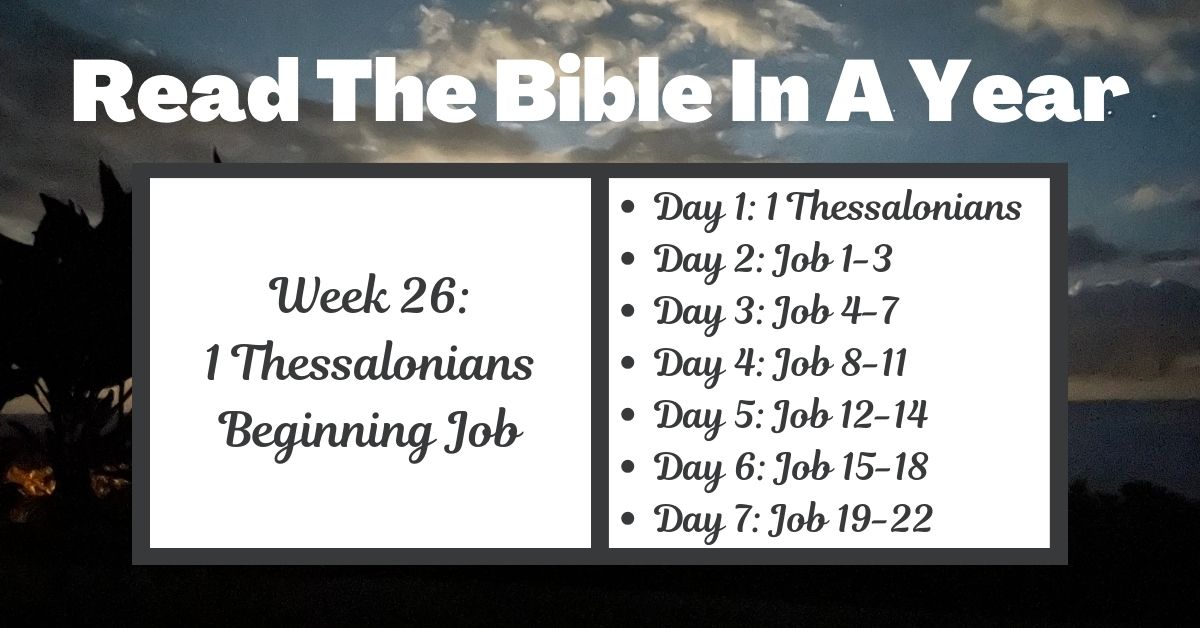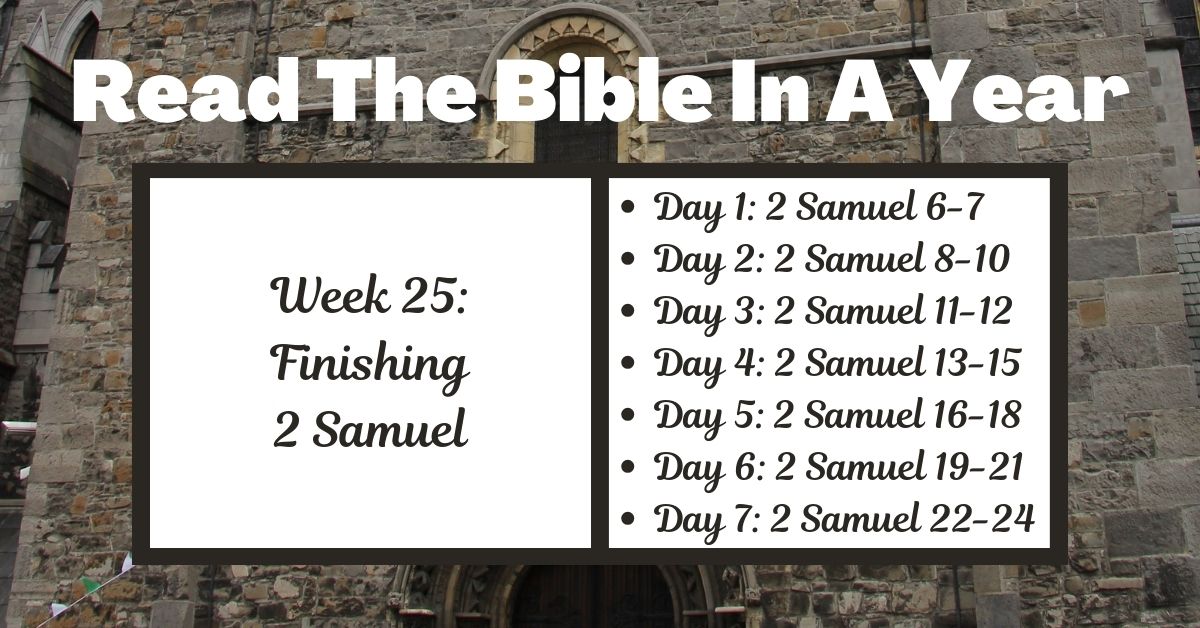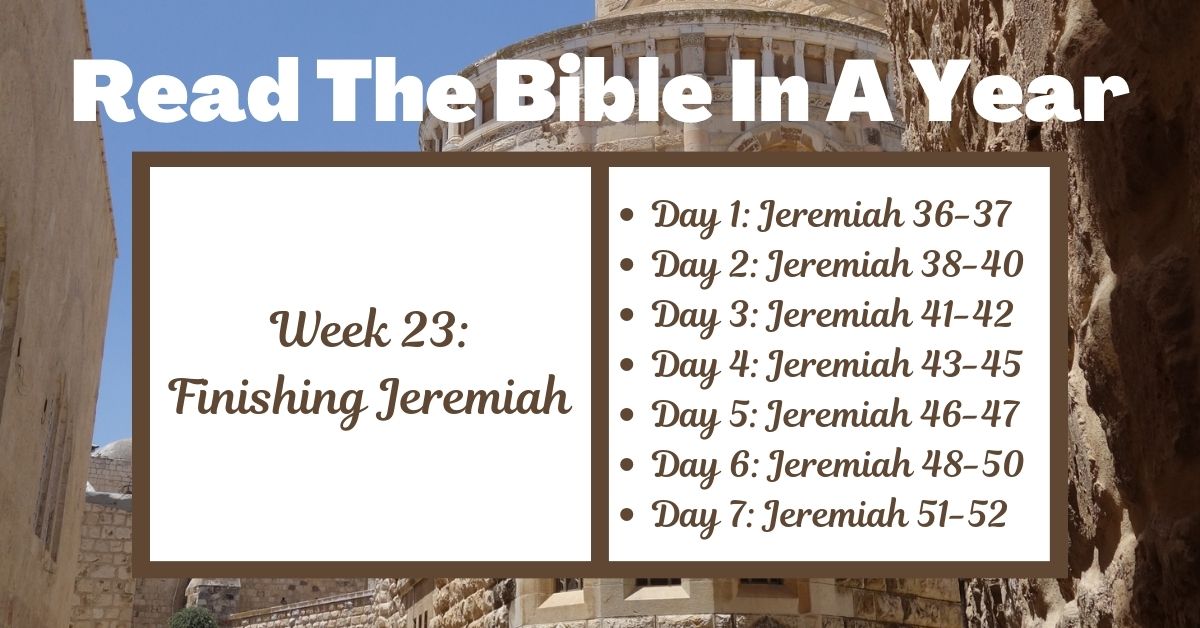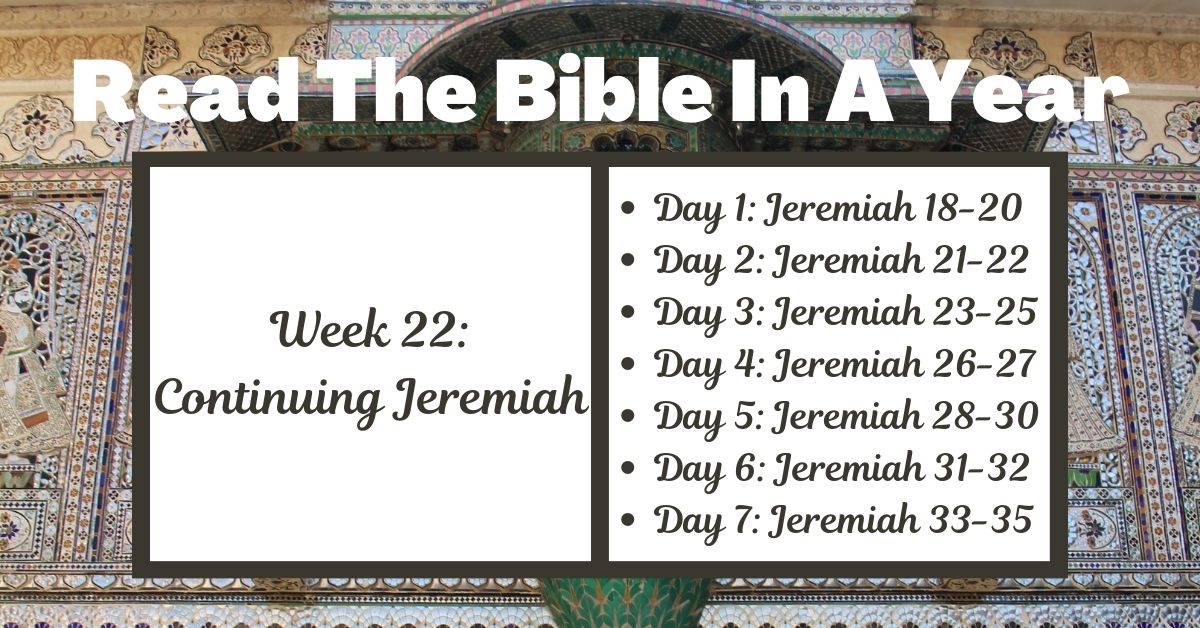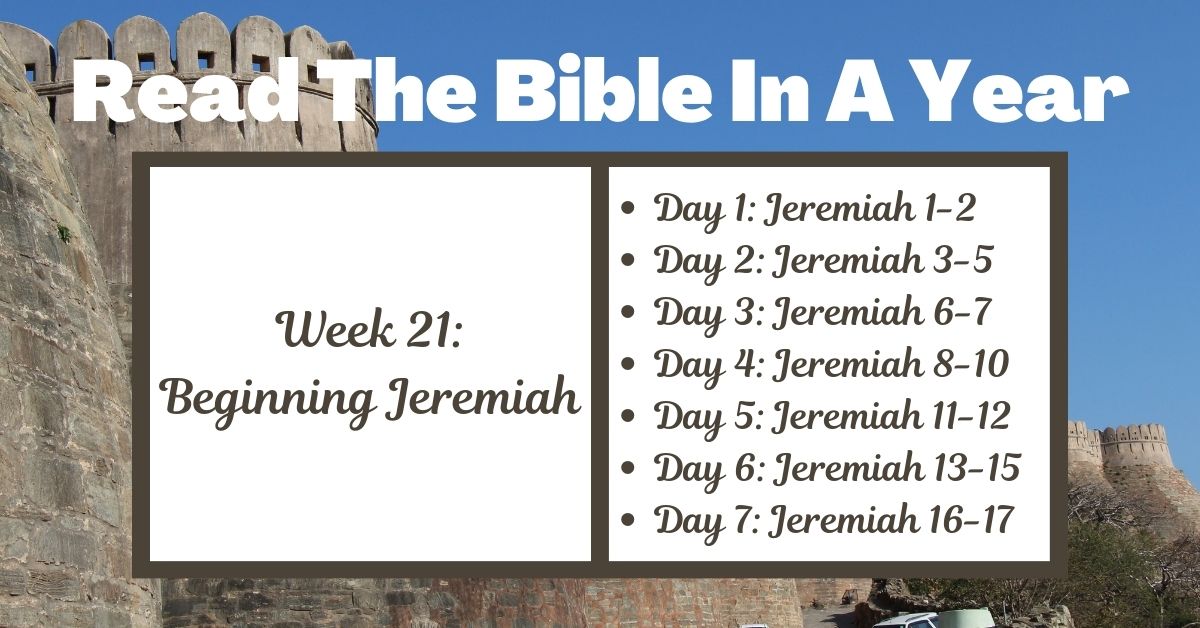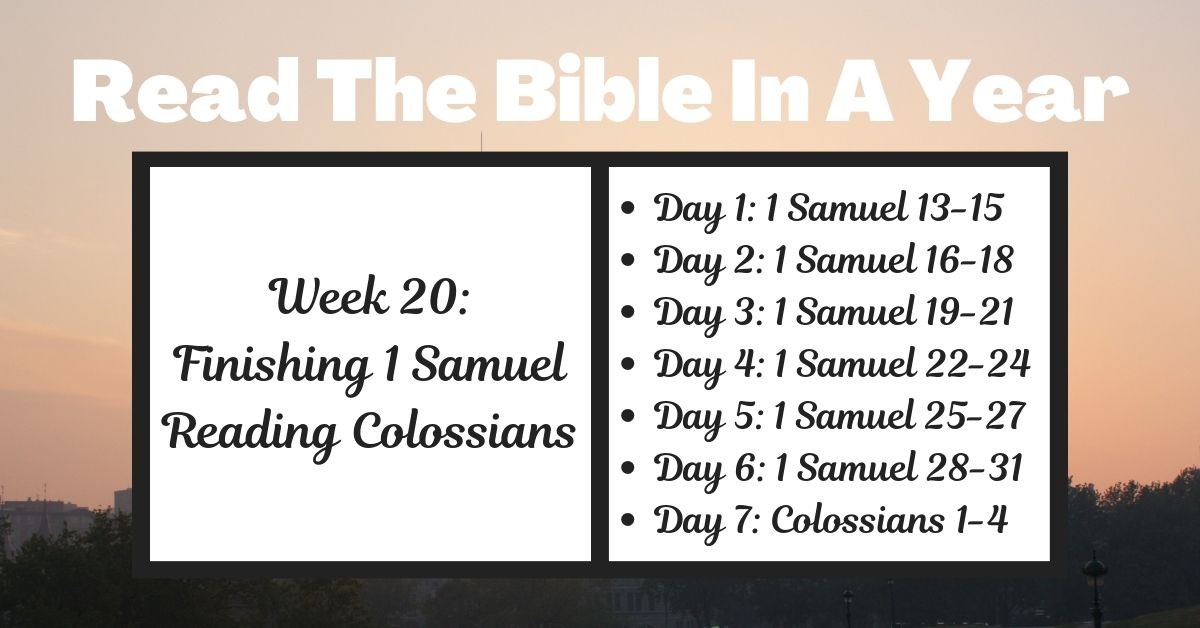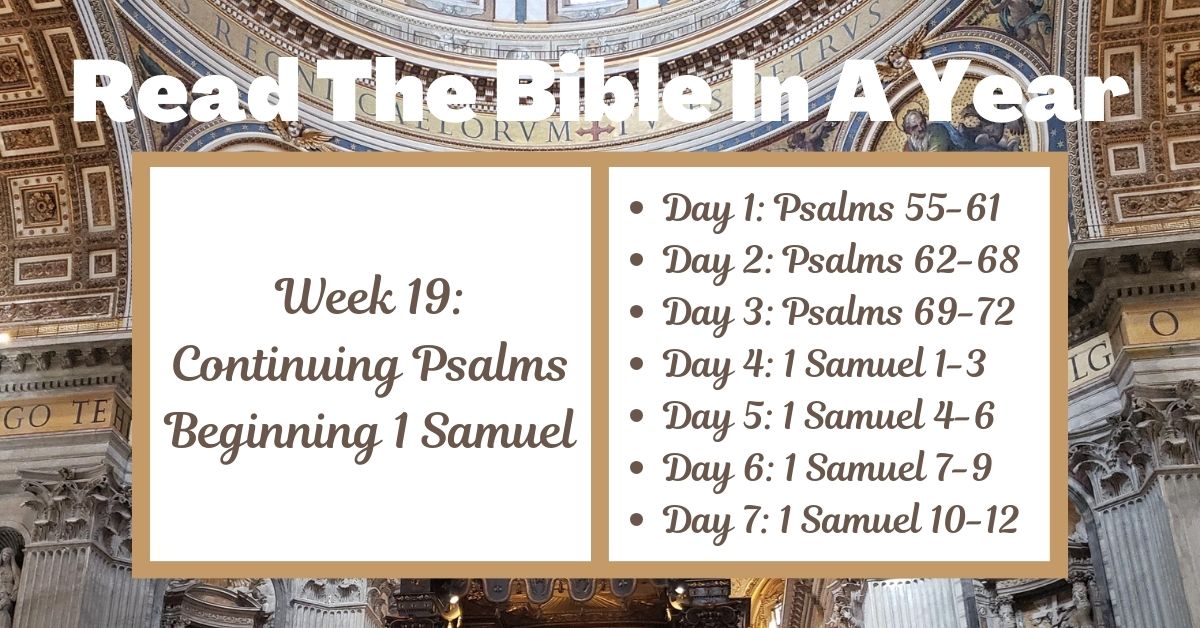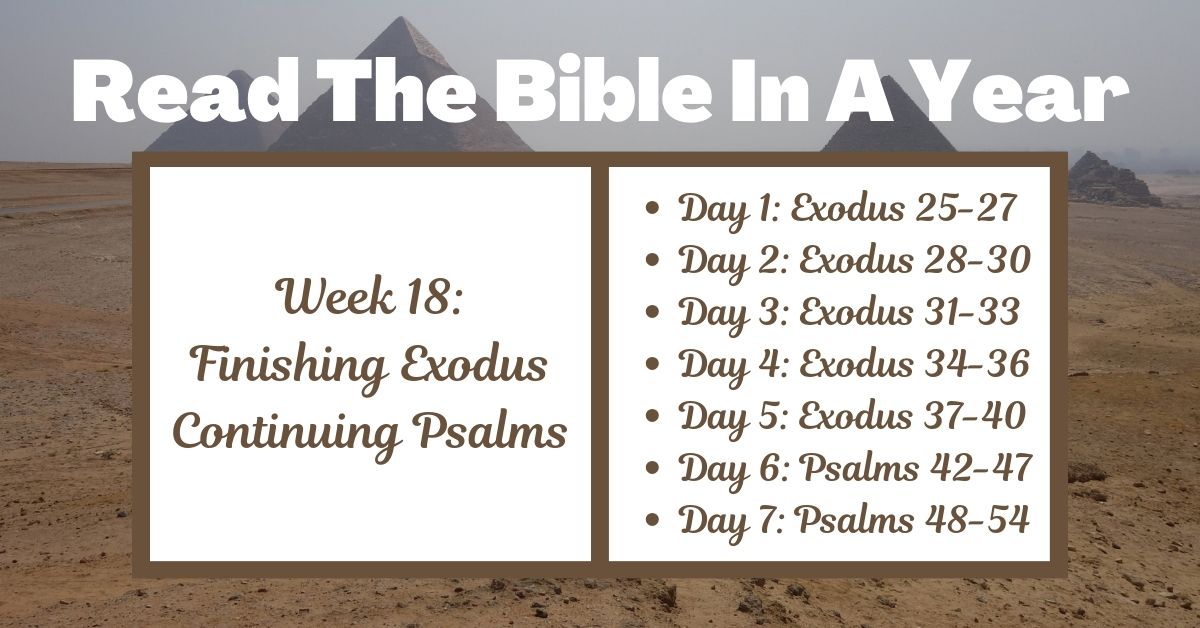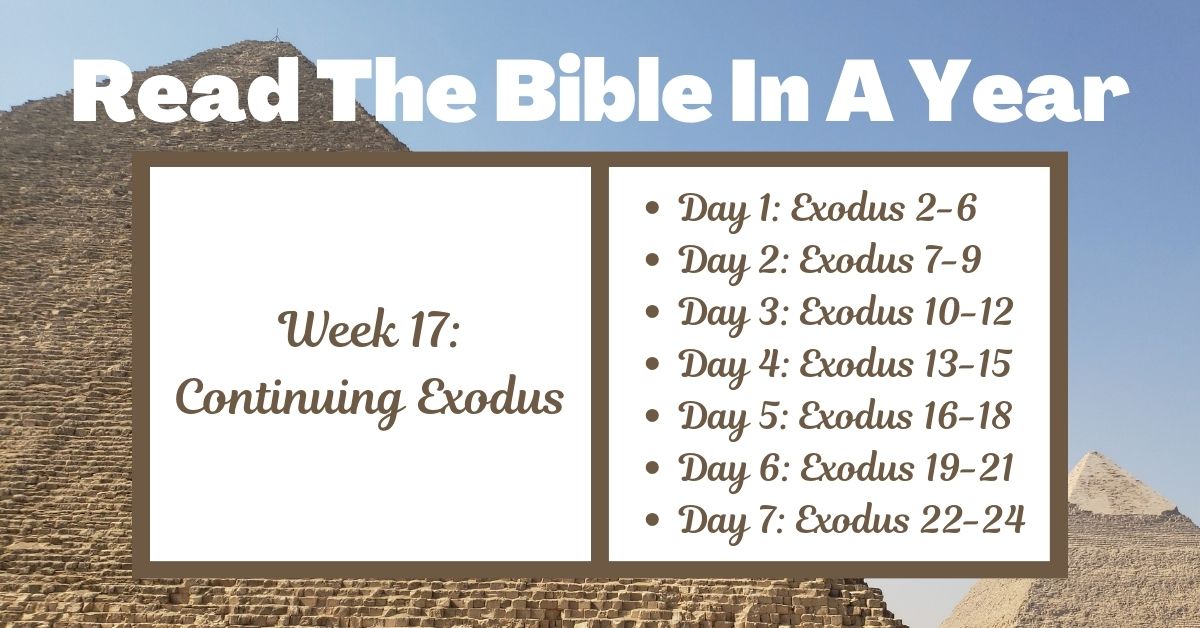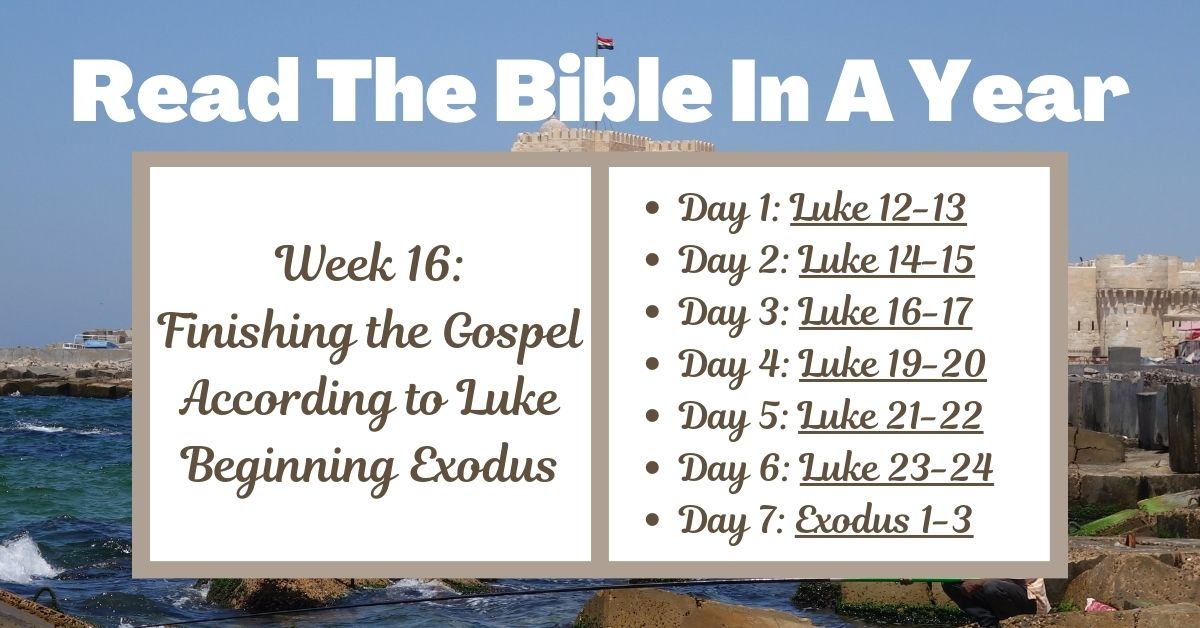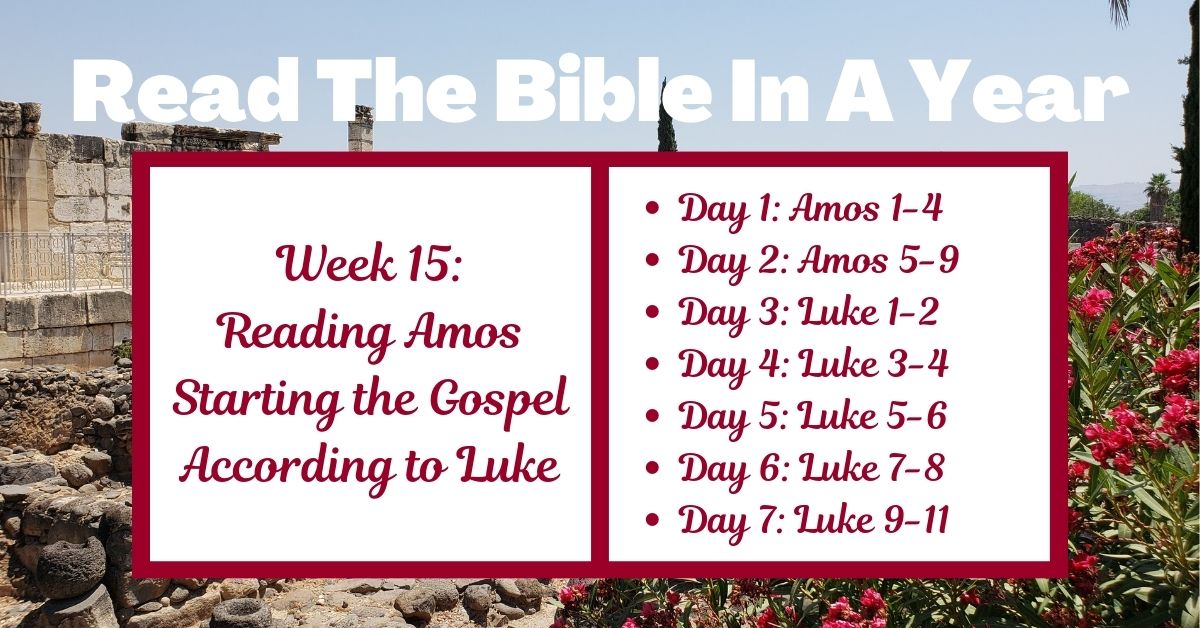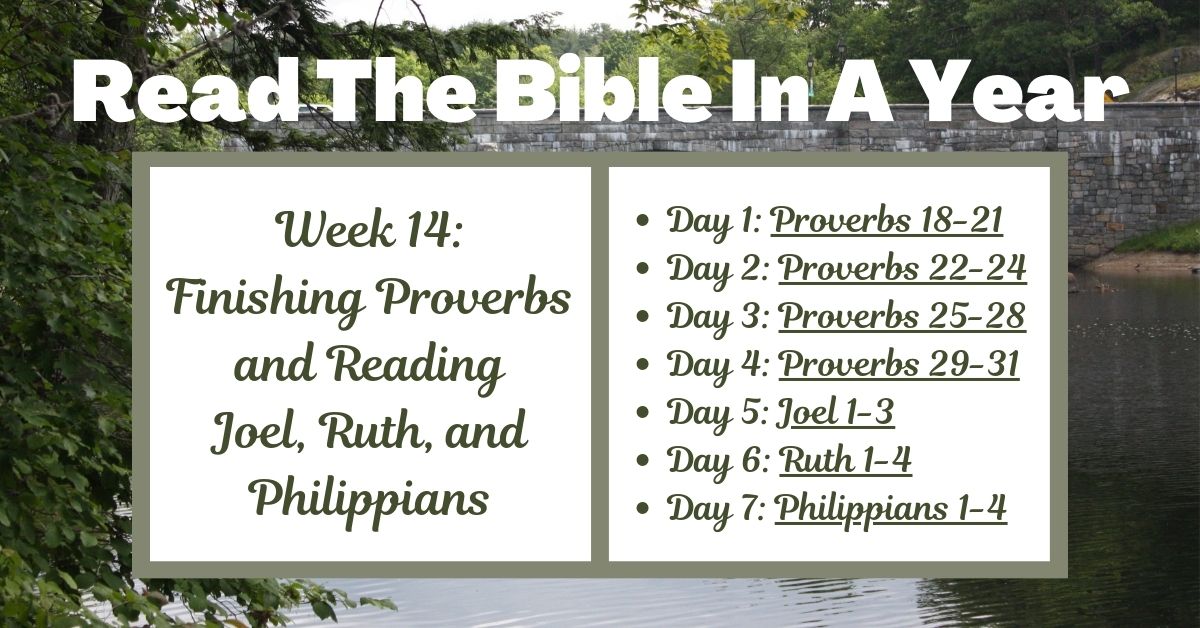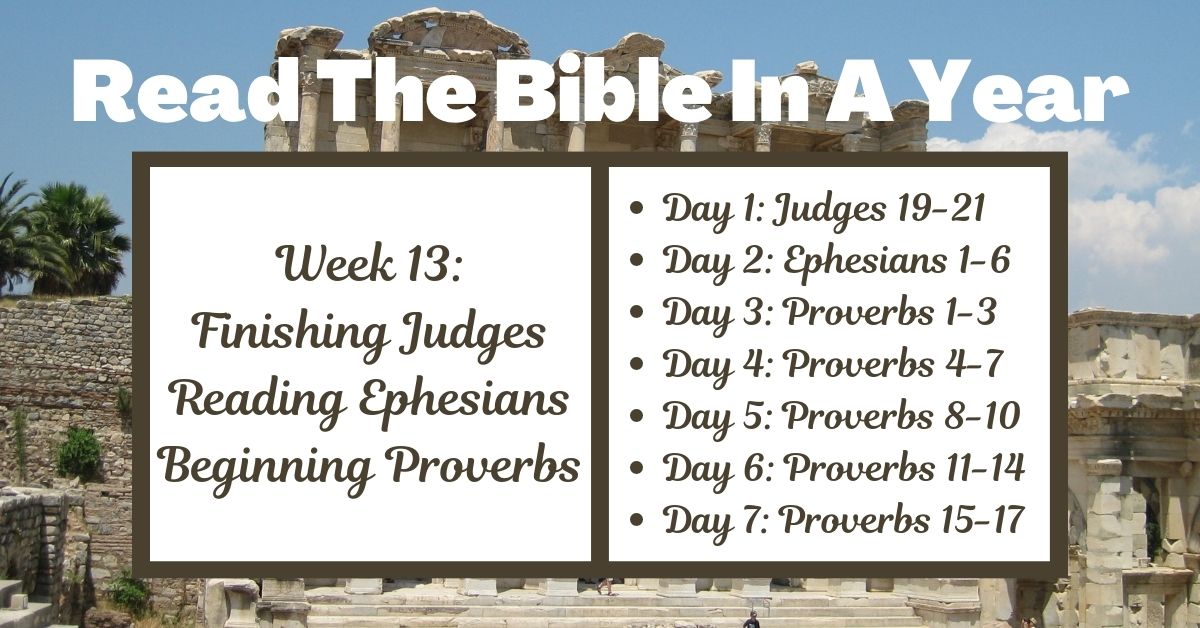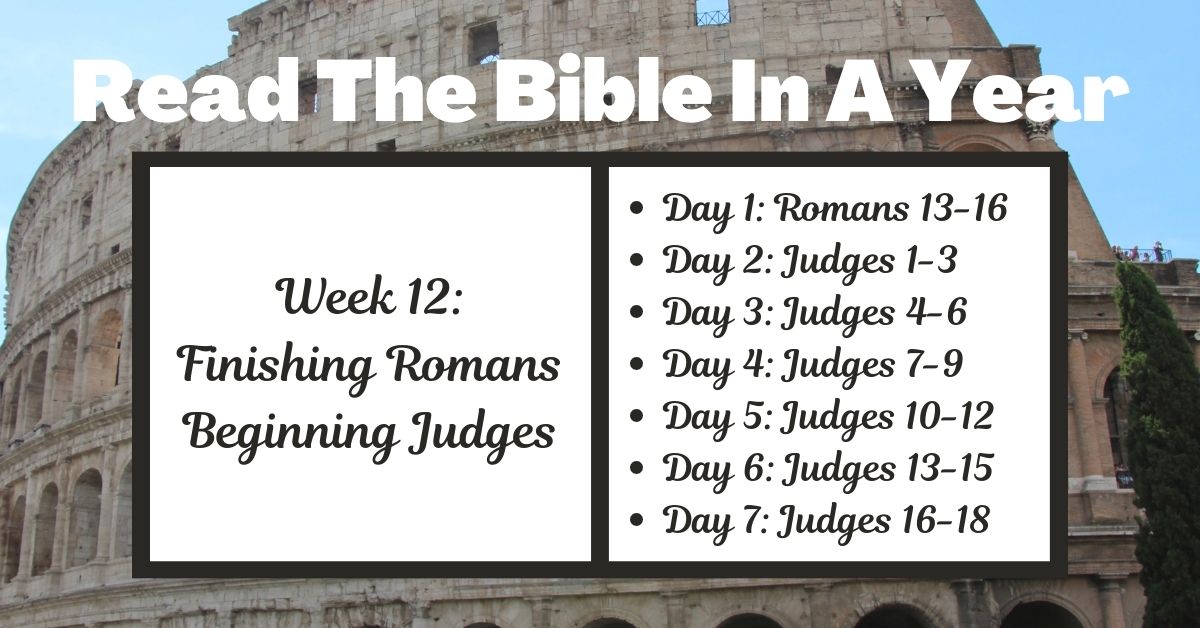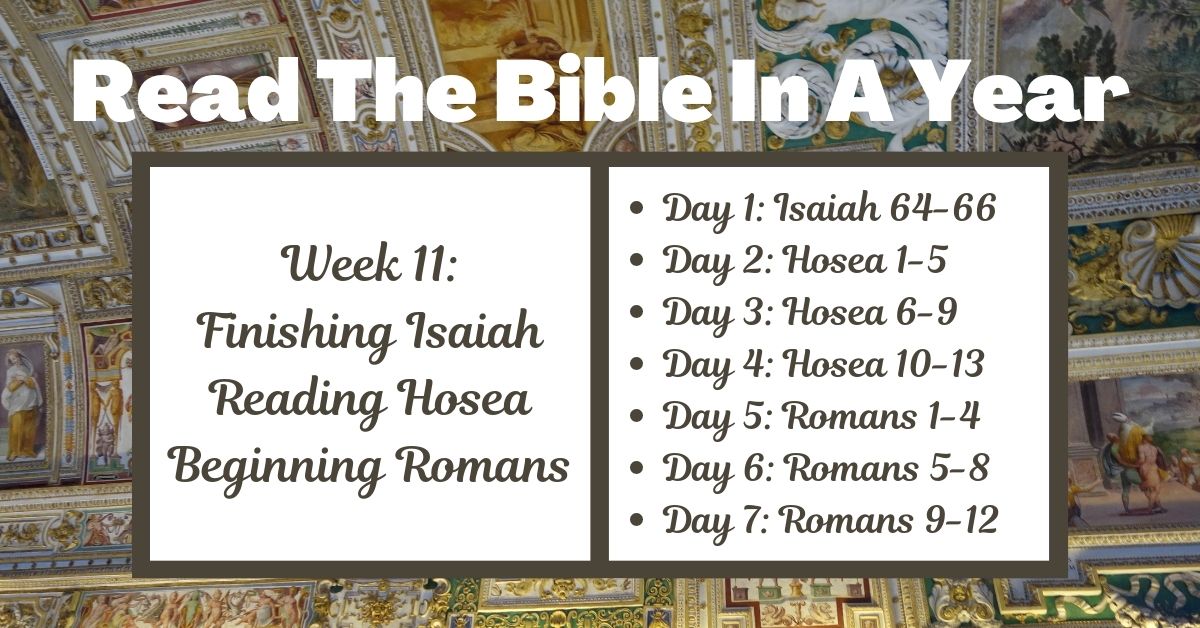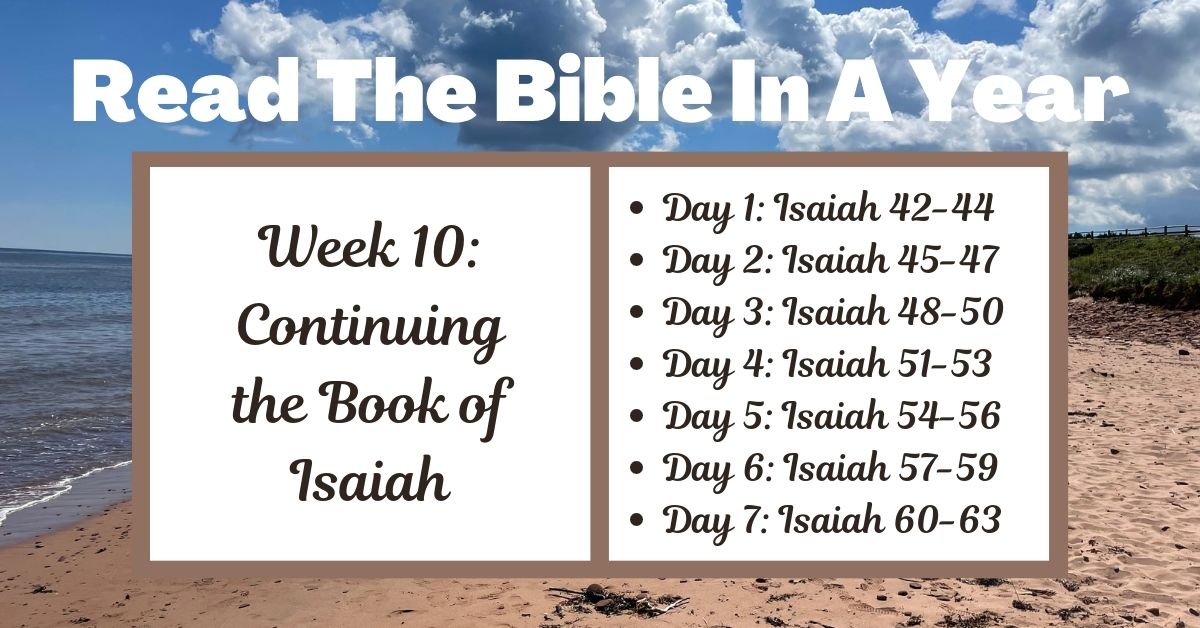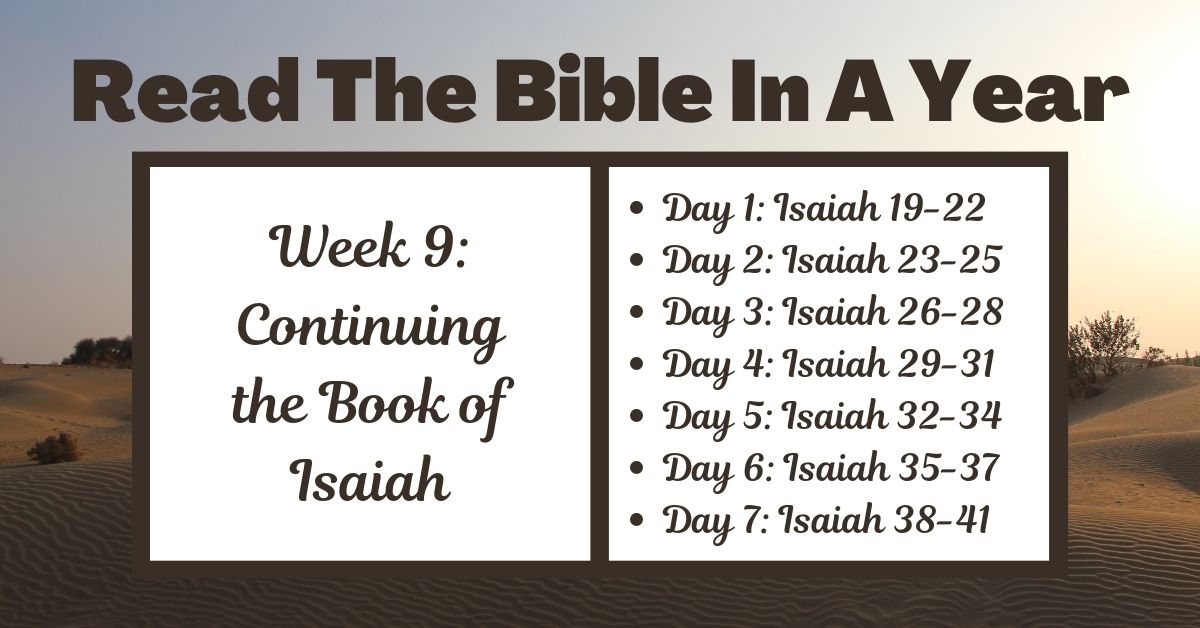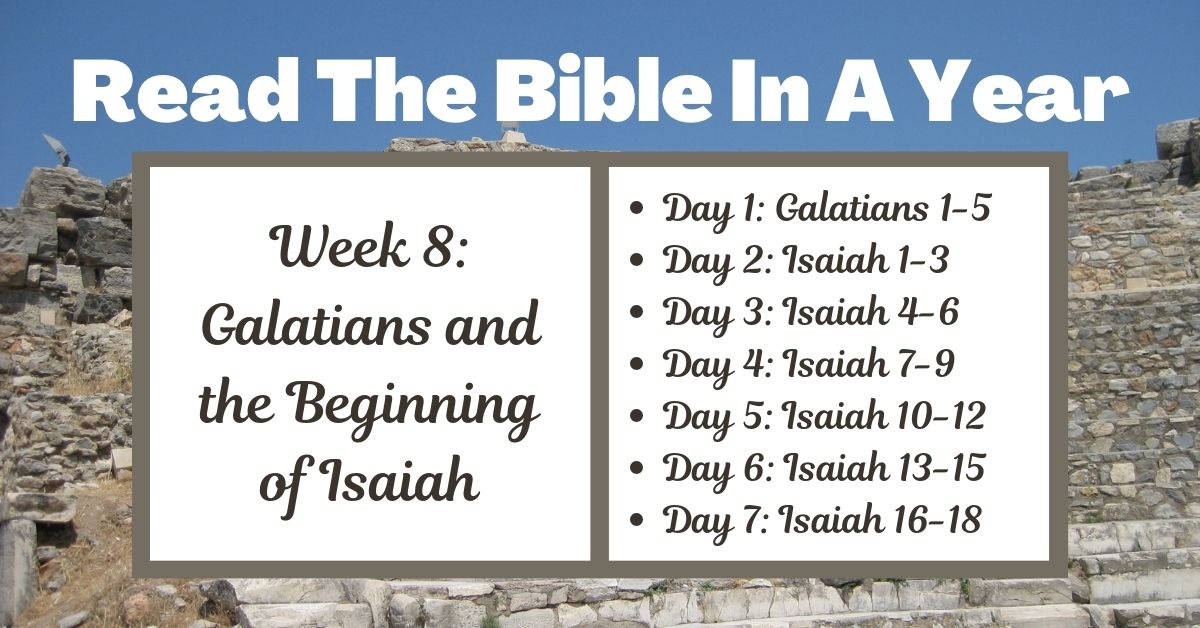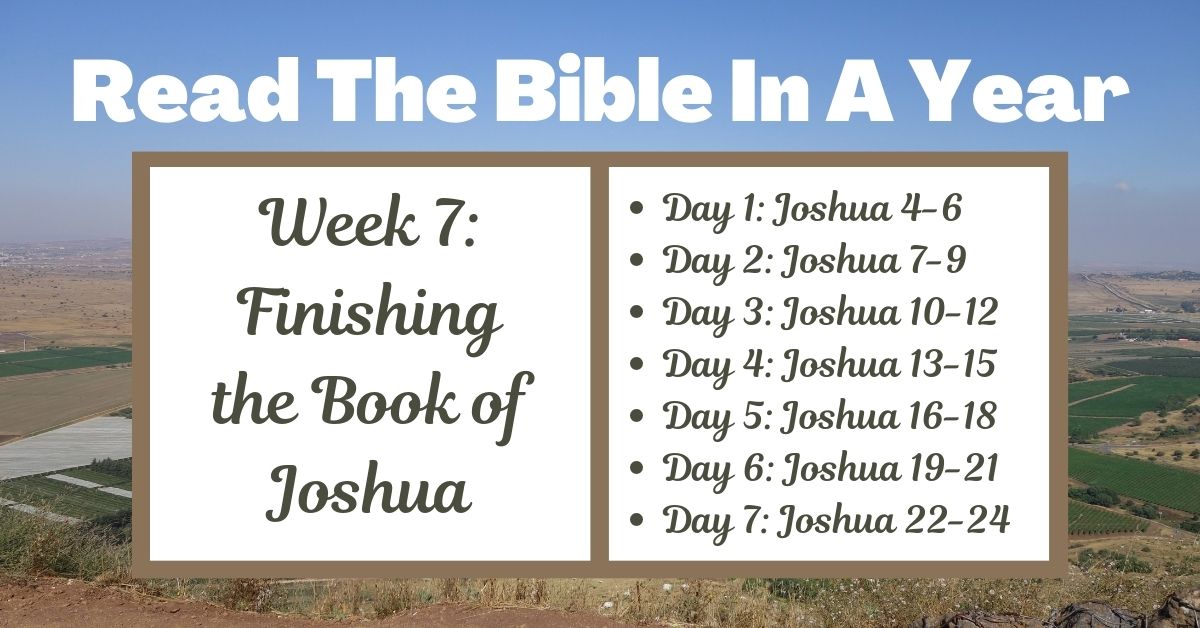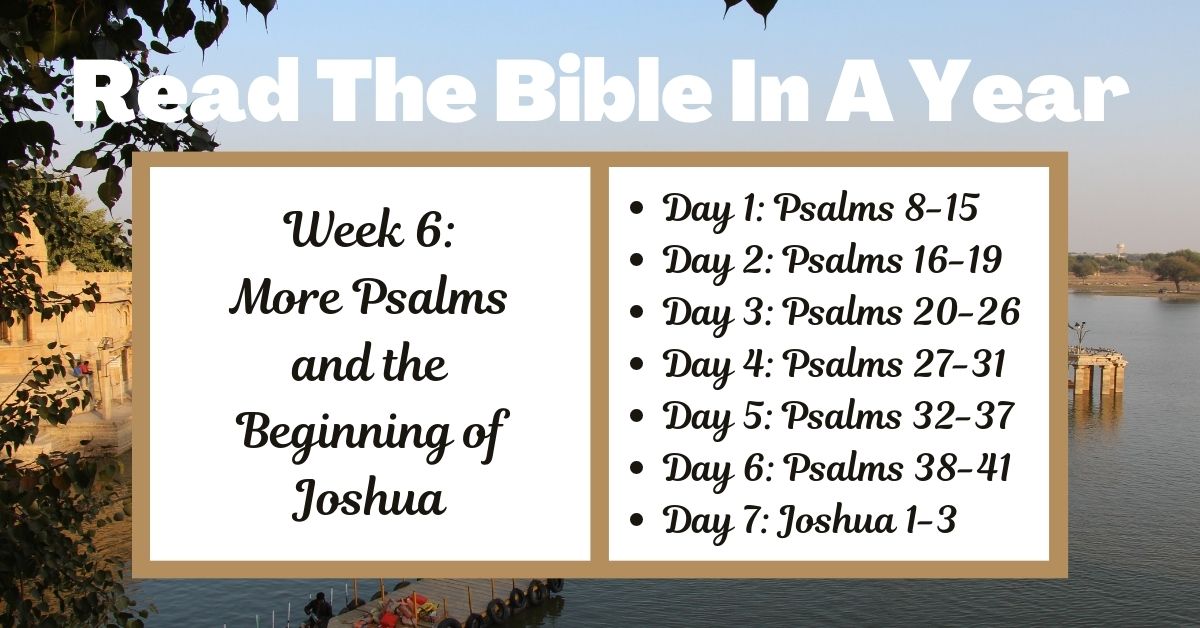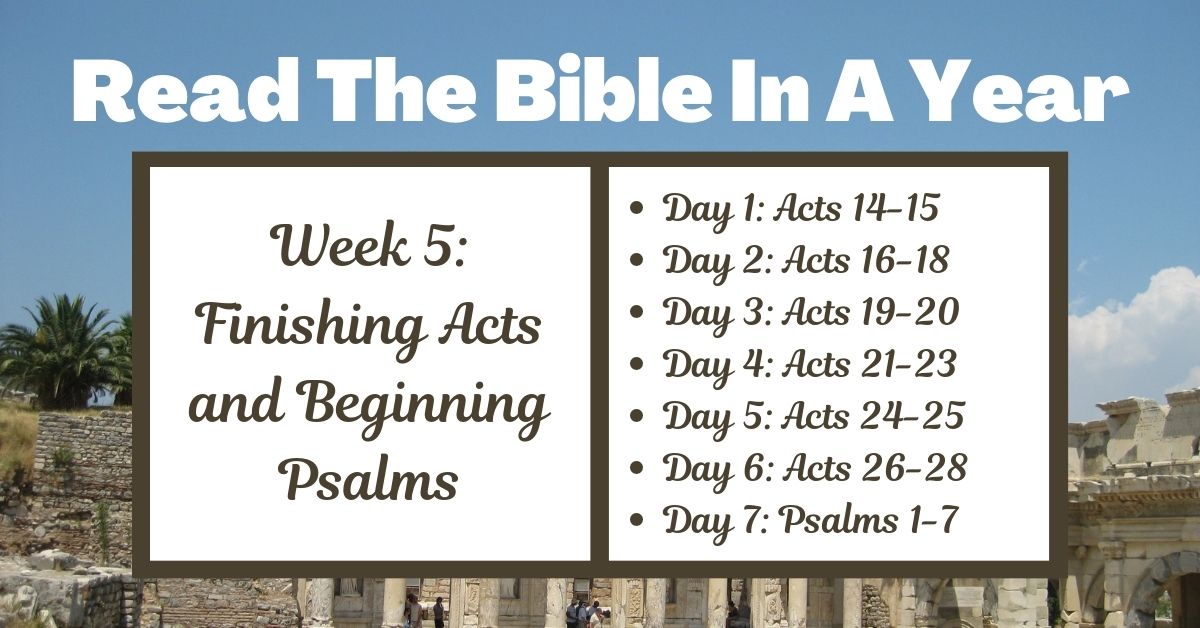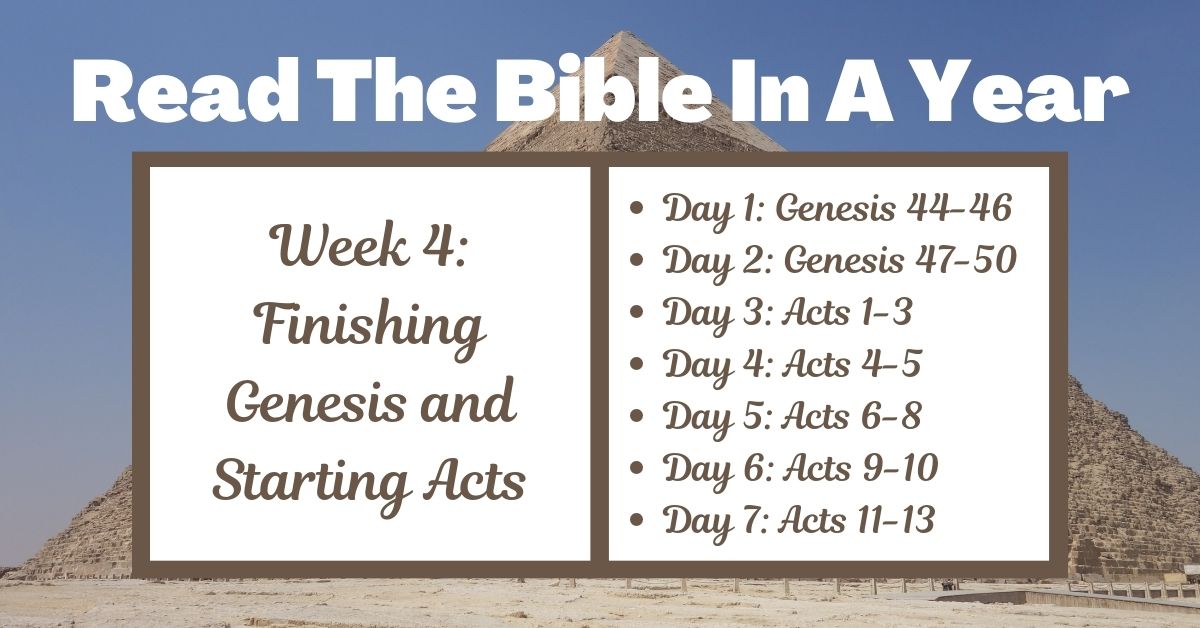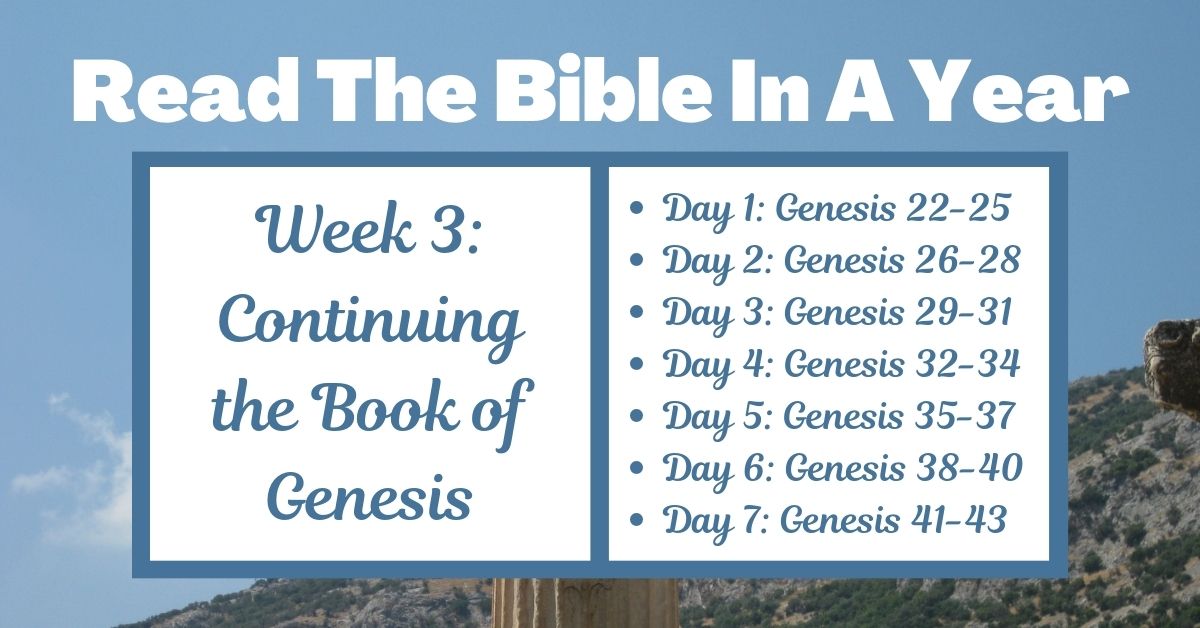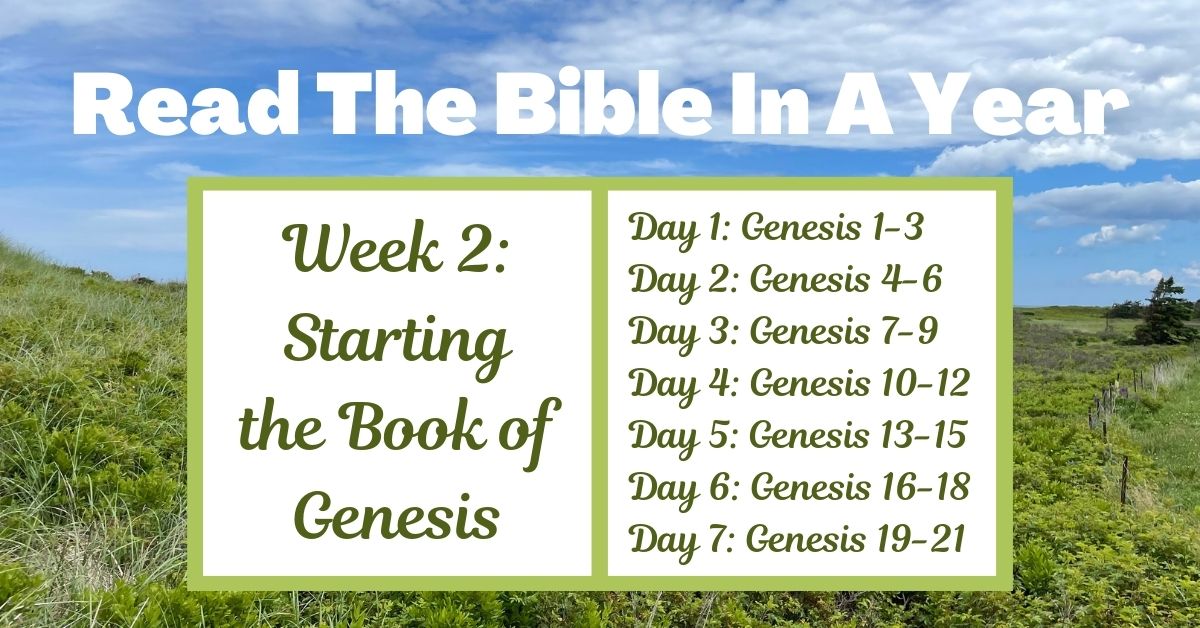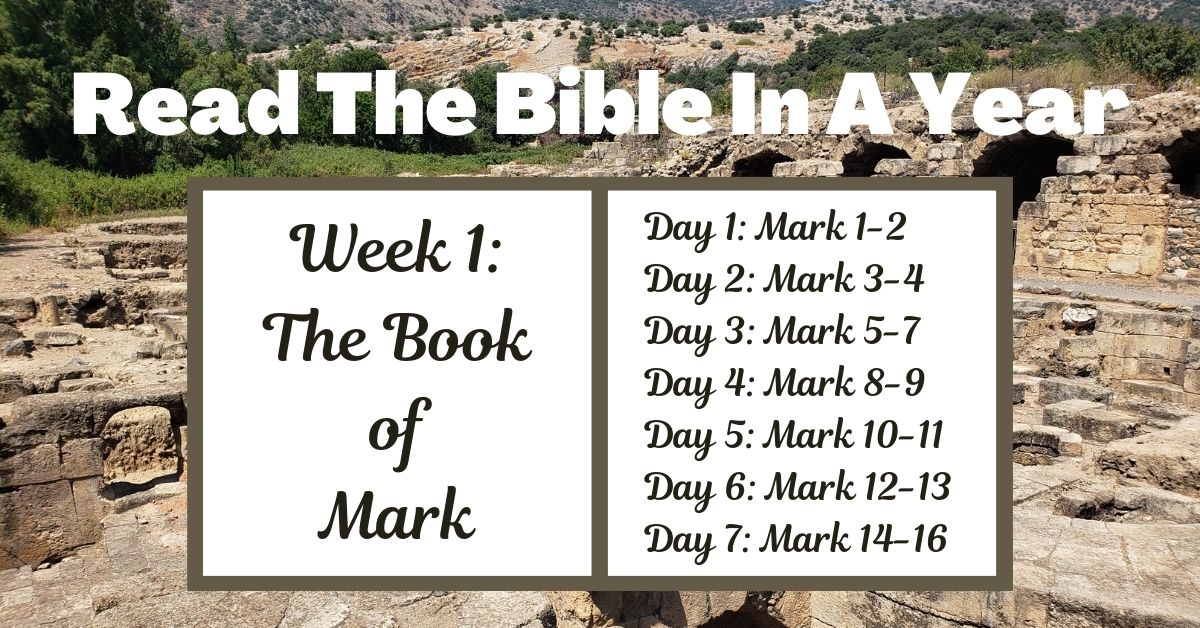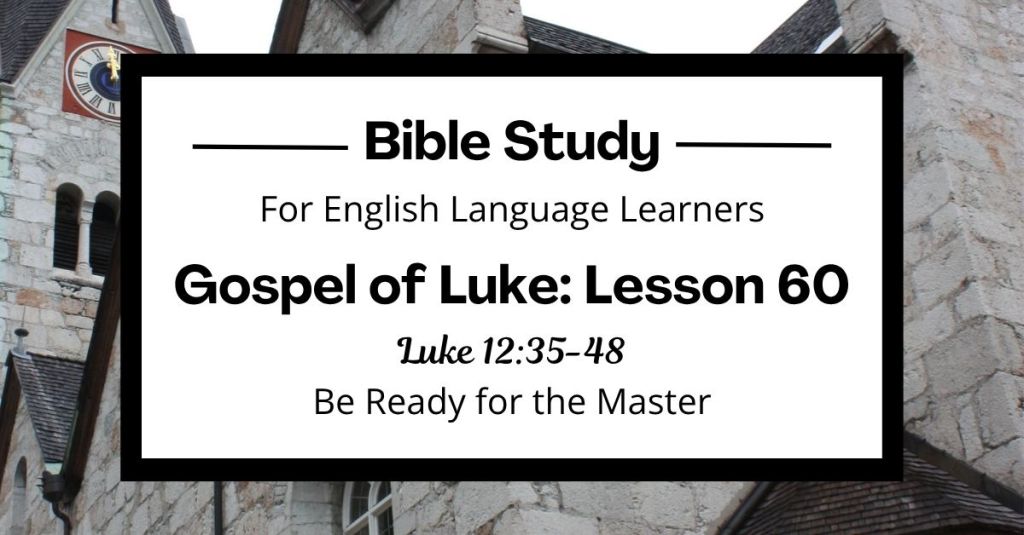Week 24 of our Bible reading plan invites us to explore a diverse trio of biblical texts. First, Obadiah, a concise yet potent Old Testament book, delivers a resonant prophecy regarding the judgment of Edom, descendants of Esau. Next, the New Testament presents the First Epistle to the Corinthians, a powerful letter by Paul that imparts profound insights for an early Christian community. Finally, within the Old Testament, the Second Book of Samuel unfolds, revealing a narrative of triumph and tragedy during King David’s tumultuous reign. Collectively, these scriptures enrich our understanding of timeless human concerns, spanning themes of justice, humility, faith, and love.
Obadiah
Within the Old Testament’s intricate tapestry, we encounter the compact yet powerful book of Obadiah. Its brevity sets it apart from the more extensive narratives, honing in on a crucial message. Obadiah speaks directly to the impending judgment of Edom, a proud nation with roots in Esau, Jacob’s brother. In its brevity, this book offers profound reflections on themes like justice, humility, and the enduring power of divine prophecy.
Obadiah’s unique character lies in its ability to convey significant messages succinctly. In just one chapter, it manages to delve into profound themes while reminding us of the timeless power within biblical scripture. The book’s focused narrative allows readers to reflect on the consequences of one’s actions, bringing to life the themes of humility and divine justice.
Read: More Blog Posts from Obadiah
1 Corinthians
Found in the New Testament, the First Epistle to the Corinthians is a powerful and enlightening letter. Penned by the apostle Paul, this ancient letter is written to the early Christian community in the bustling city of Corinth.
Bursting with wisdom, guidance, and profound theological insights, 1 Corinthians covers a wide array of topics, from the challenges of human divisions and moral issues to spiritual gifts and the resurrection. It provides a compelling glimpse into the early struggles and triumphs of the Christian faith, unveiling the timeless relevance of its teachings.
Exploring 1 Corinthians allows readers to immerse themselves in the world of an early Christian community, its trials, and the enduring message of faith, love, and unity.
Read: More Blog Posts from 1 Corinthians
2 Samuel 1-5
Within the tapestry of the Old Testament, we uncover the Second Book of Samuel—a narrative of both triumph and tragedy. It is a substantial work, unlike the concise Obadiah, which delves into the tumultuous reign of King David.
Spanning multiple chapters, it recounts the rise and fall of David, his victories, his moral dilemmas, and the consequences of his actions. This intricate tapestry of historical accounts and moral lessons speaks to the complex nature of leadership, ambition, and the enduring human quest for divine guidance.
Second Samuel offers a compelling glimpse into the heart of a kingdom, its challenges, and the timeless themes of power, loyalty, and redemption.
Read: More Blog Posts from 2 Samuel
Concluding Week 24
As we journey through the pages of Obadiah, 1 Corinthians, and the early chapters of 2 Samuel this week, we are privileged to uncover the multifaceted layers of biblical wisdom, spanning centuries and addressing both ancient and timeless human concerns. May the insights we gain from these texts illuminate our spiritual path and enrich our understanding of faith, justice, and the enduring power of divine guidance, offering us a tapestry of knowledge and inspiration for the journey ahead.
Flexible Plan: Reading for Week 24
If you are following the flexible plan for reading the Bible in a year, here is your reading assignment. You can break up the reading however you like throughout the week!
- Passage 1: Obadiah
- Passage 2: 1 Corinthains
- Passage 3: 2 Samuel 1-5
Printable Resource: Bible in a Year Reading Plan: Weekly Assignments
7-Day Reading Assignment: Week 24
If you like to be more organized, the weekly assignment can be broken into seven sections:
- Day 1: Obadiah
- Day 2: 1 Corinthians 1-4
- Day 3: 1 Corinthians 5-8
- Day 4: 1 Corinthians 9-12
- Day 5: 1 Corinthians 13-16
- Day 6: 2 Samuel 1-2
- Day 7: 2 Samuel 3-5
Printable Resource: Bible in a Year Reading Plan: Daily Assignments
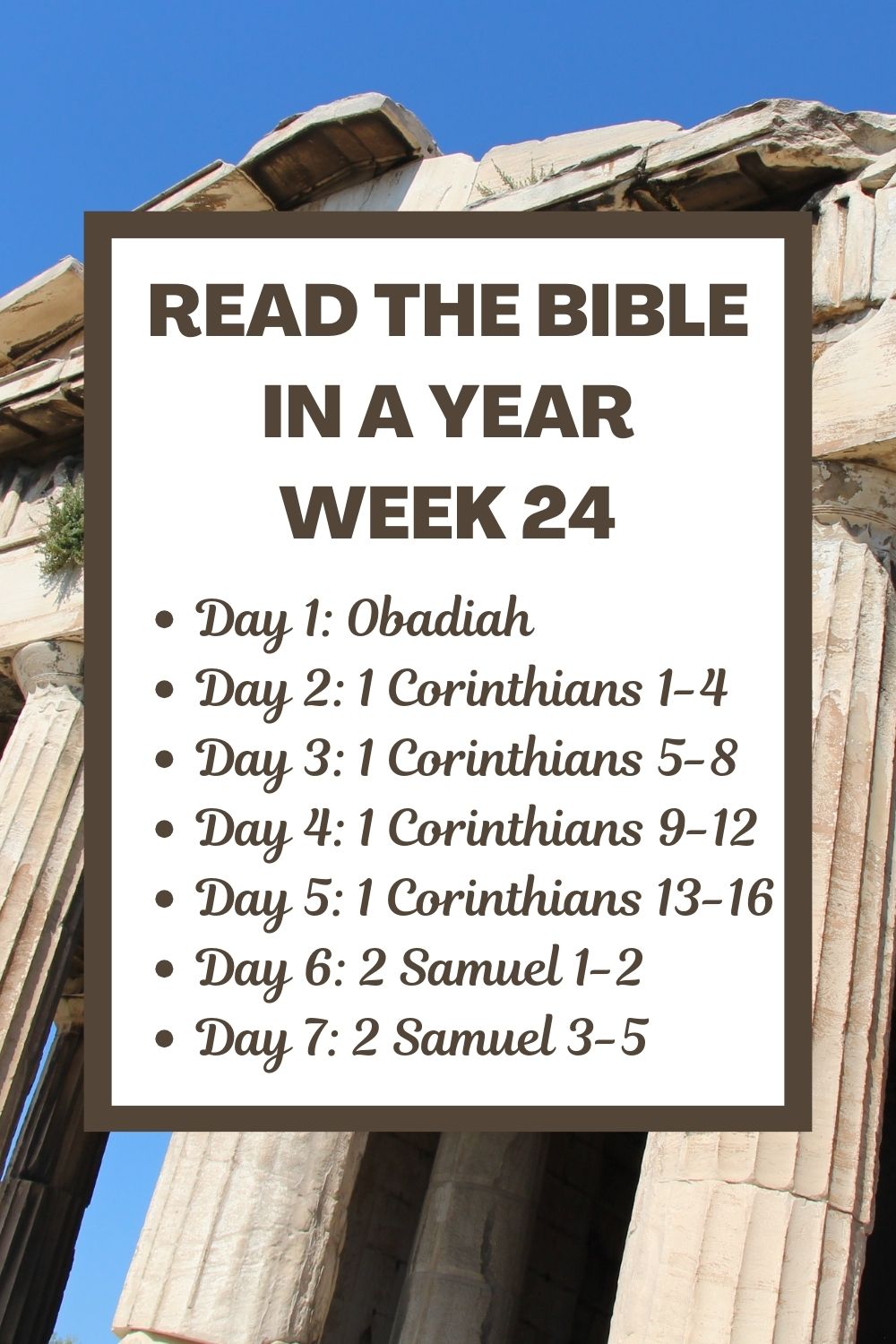
5-Day Reading Assignment: Week 24
Or if you know that you are likely to miss a day or two of reading, the weekly assignment can be broken into five sections:
- Day 1: 1 Corinthians 1-5
- Day 2: 1 Corinthians 6-10
- Day 3: 1 Corinthians 11-16
- Day 4: Obadiah, 2 Samuel 1-2
- Day 5: 2 Samuel 3-5
Printable Resource: Bible in a Year Reading Plan: 5 Days/Week Assignments
Reflections
As you journey through the pages of Obadiah, 1 Corinthians, and the early chapters of 2 Samuel this week, you have the privilege of uncovering the multifaceted layers of biblical wisdom, spanning centuries and addressing both ancient and timeless human concerns, particularly where faith, justice, and divine guidance is concerned.
Here are some possible reflection questions that you can consider:
Obadiah
- What is the central message of the book of Obadiah, and how does it apply to our lives today?
- Explore the themes of justice and humility in Obadiah. How do these themes resonate with contemporary issues?
- Obadiah focuses on the judgment of Edom. How do you interpret the significance of this historical context, and can you draw any modern parallels?
- Consider the enduring power of divine prophecy mentioned in Obadiah. What are some other biblical prophecies that have influenced history or continue to influence faith and culture?
1 Corinthians
- In 1 Corinthians, the apostle Paul addresses various issues within the early Christian community. Which of these issues do you find most relevant in today’s society, and why?
- Discuss the concept of spiritual gifts and their role within the Christian community, as outlined in 1 Corinthians. How can these teachings be applied to contemporary church life?
- 1 Corinthians emphasizes the importance of love. How can we practically implement the message of love in our relationships and communities?
- Paul speaks about the resurrection in 1 Corinthians. How does this teaching impact our understanding of the Christian faith and life after death?
2 Samuel 1-5
- Explore the themes of leadership and ambition in the early chapters of 2 Samuel. What can we learn from this section of King David’s reign?
- Reflect on the moral dilemmas faced by David in these chapters. How do they relate to the complexities of leadership in our world today?
- In 2 Samuel, we witness both triumph and tragedy. How do these contrasting elements shape the narrative and the lessons it imparts?
- King David is a central figure in 2 Samuel. How does his character evolve in these chapters, and what can we learn from his journey as a leader and a person?
Related Resources
Visit the Joyful Moments in Christ homepage for all posts, or scroll through other blog posts related to reading the Bible in a year:
